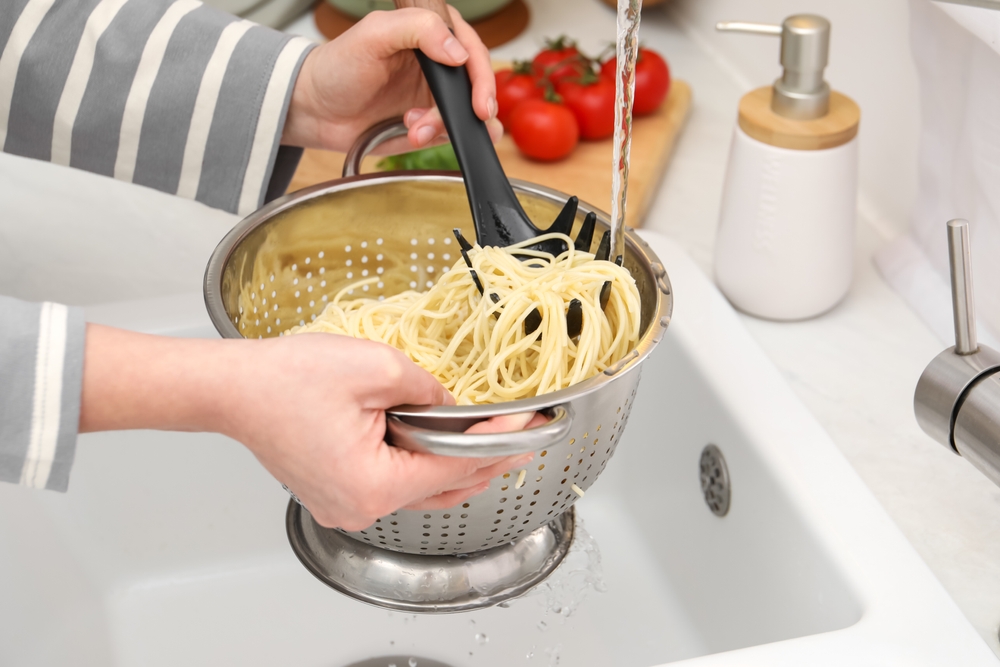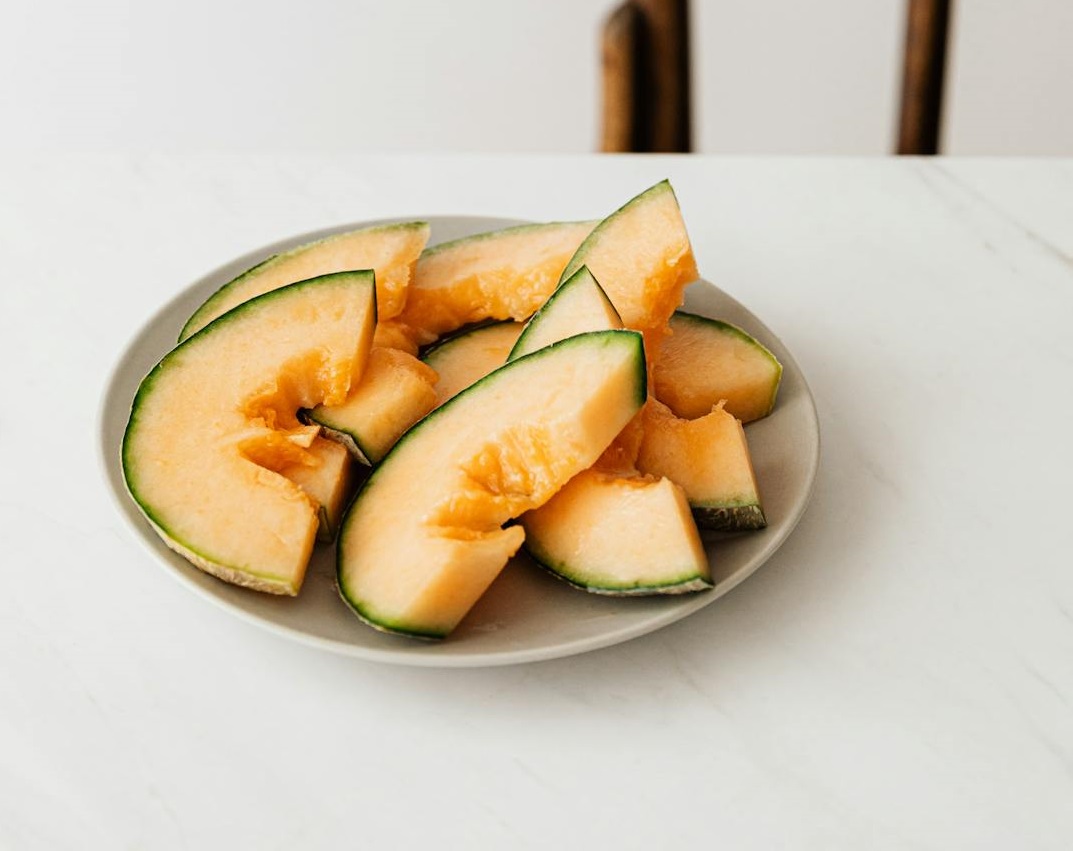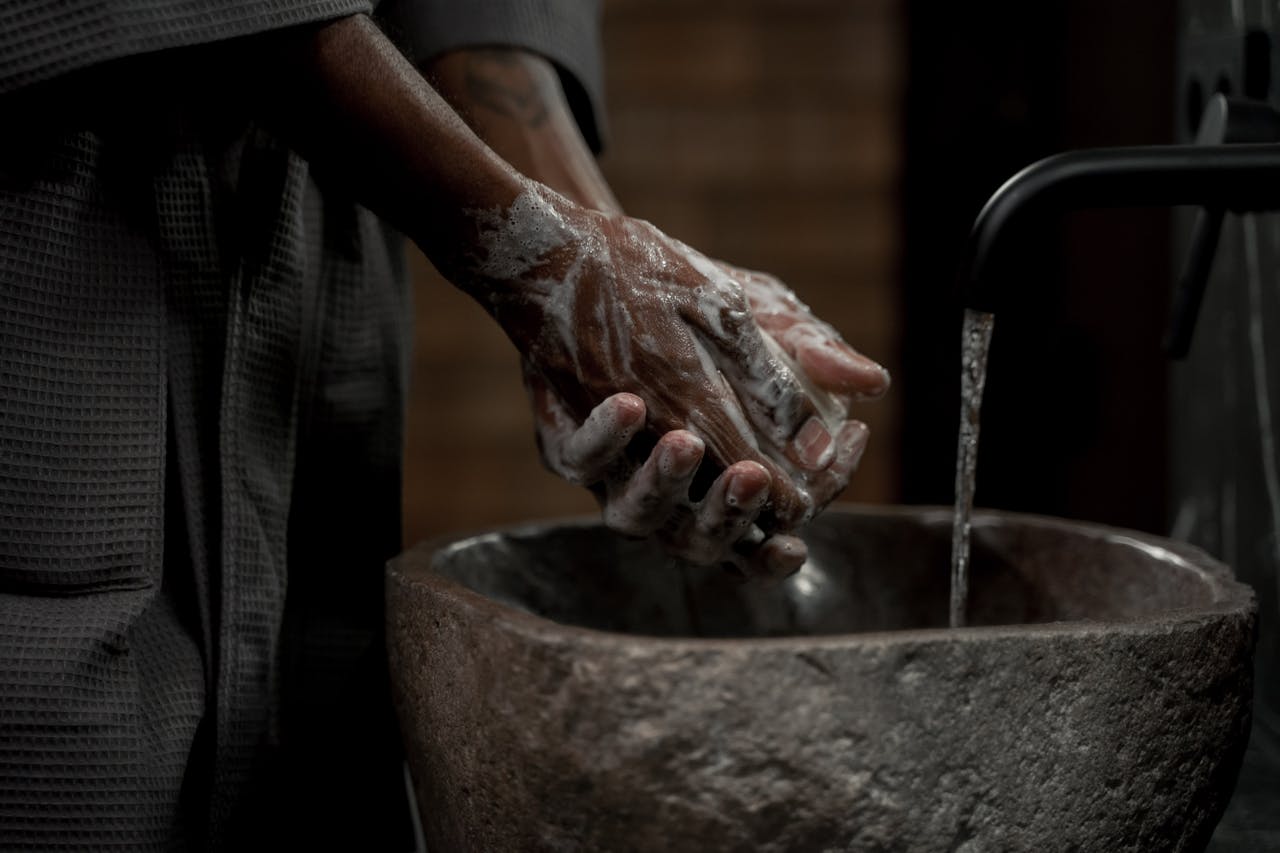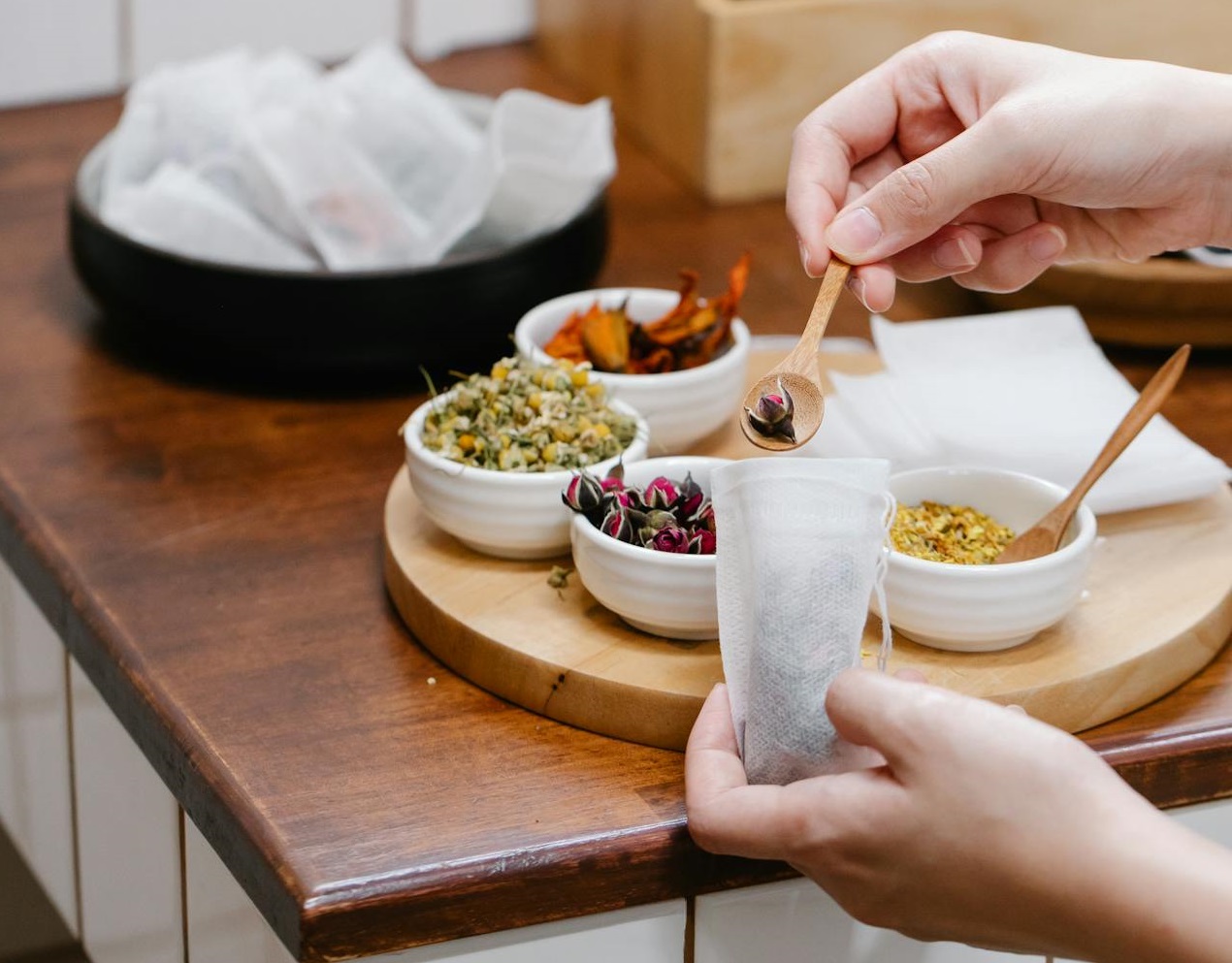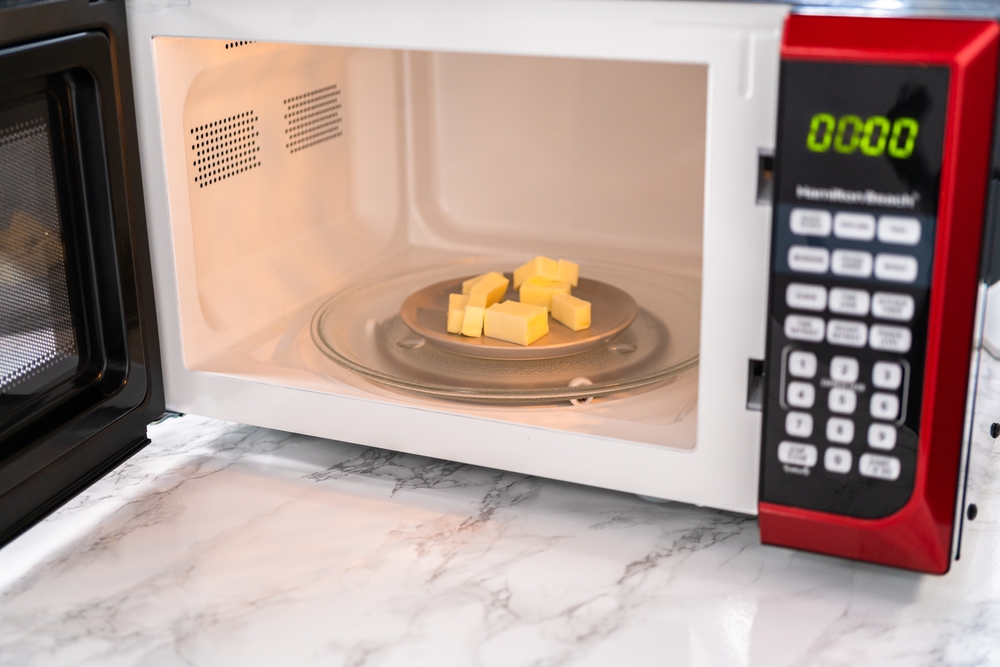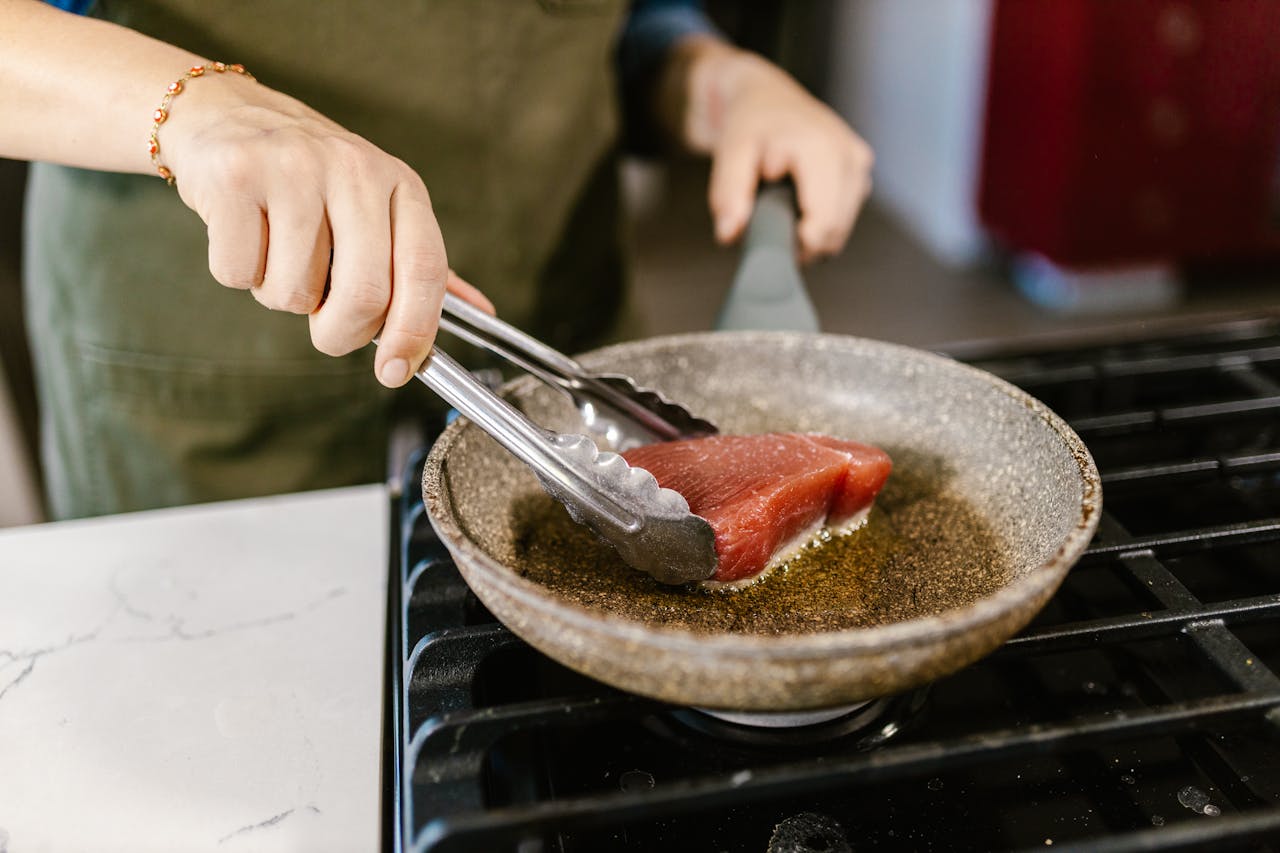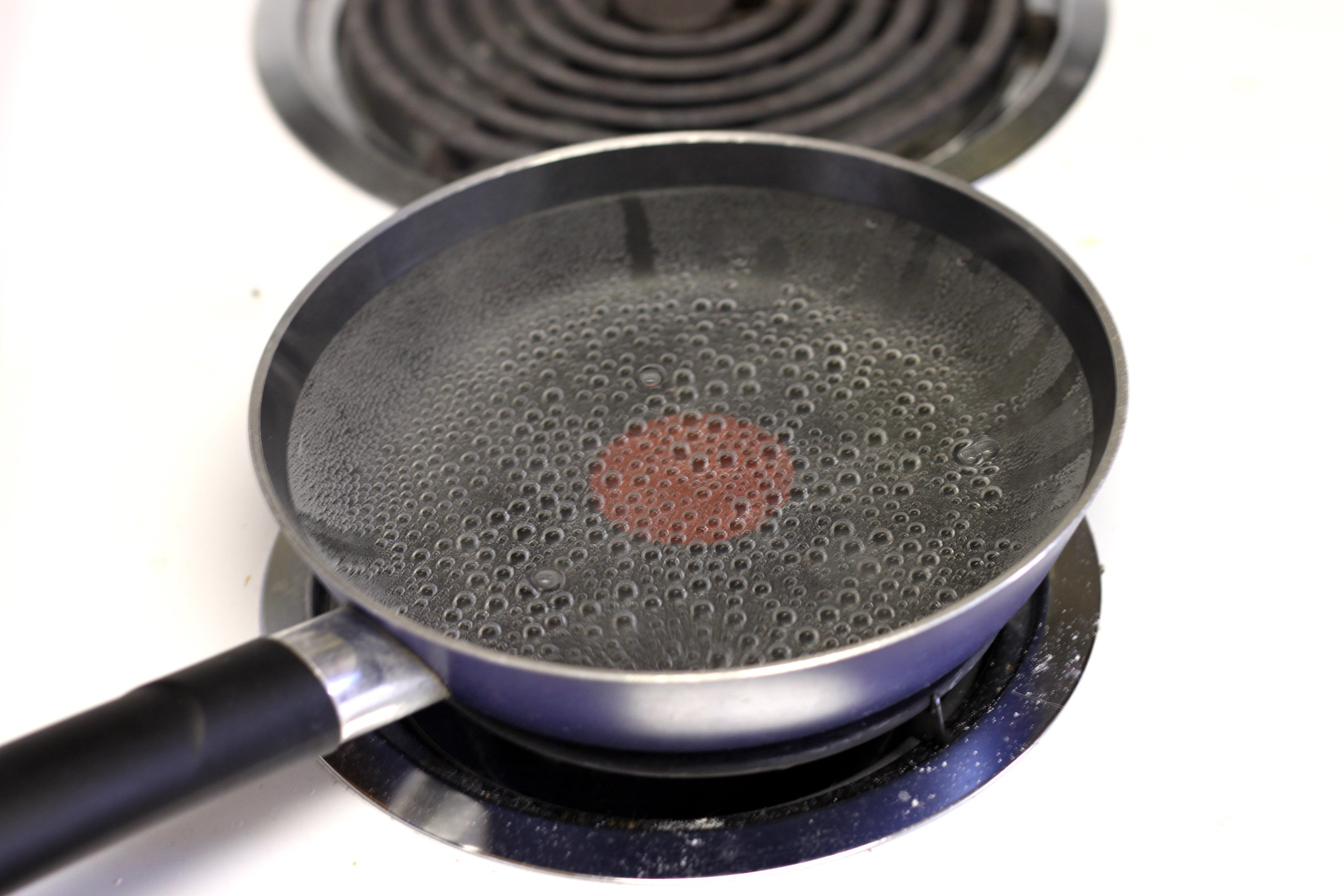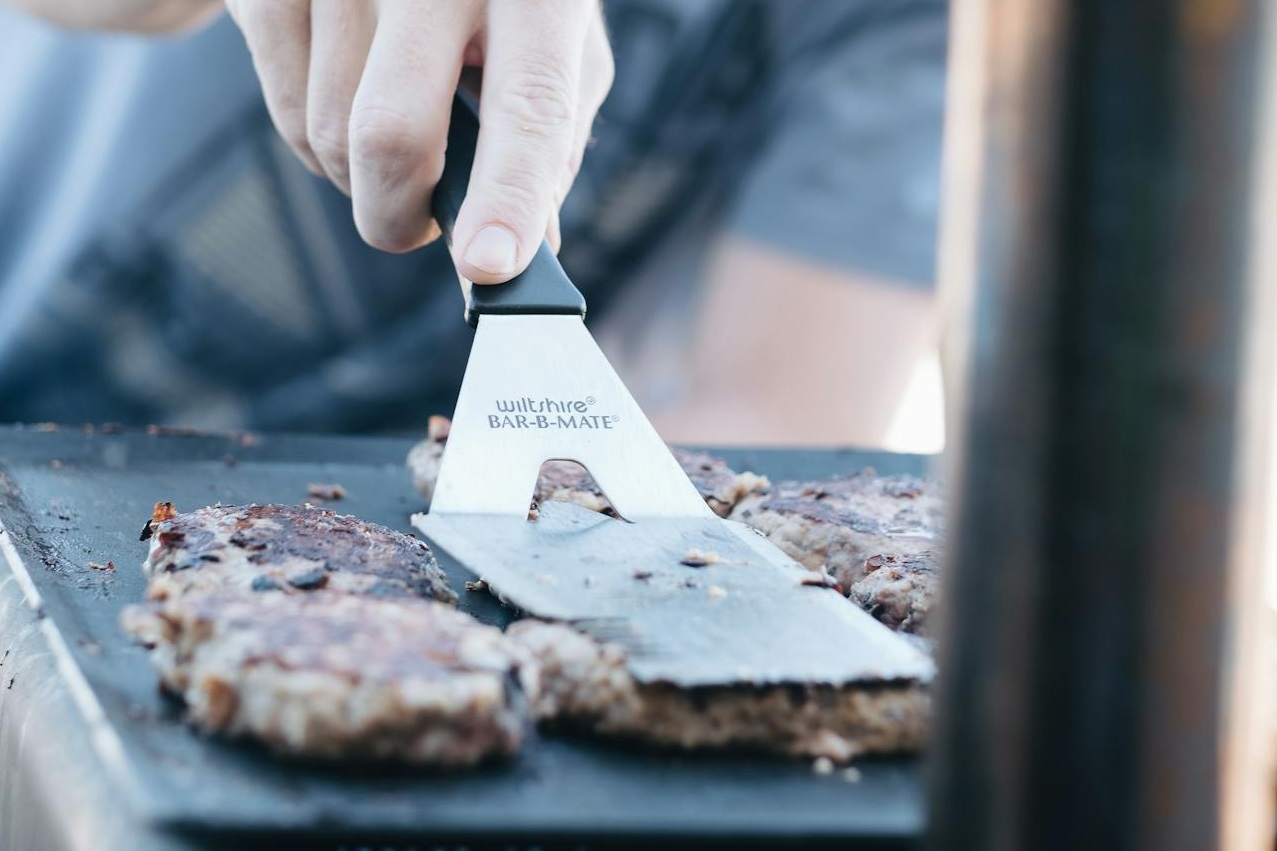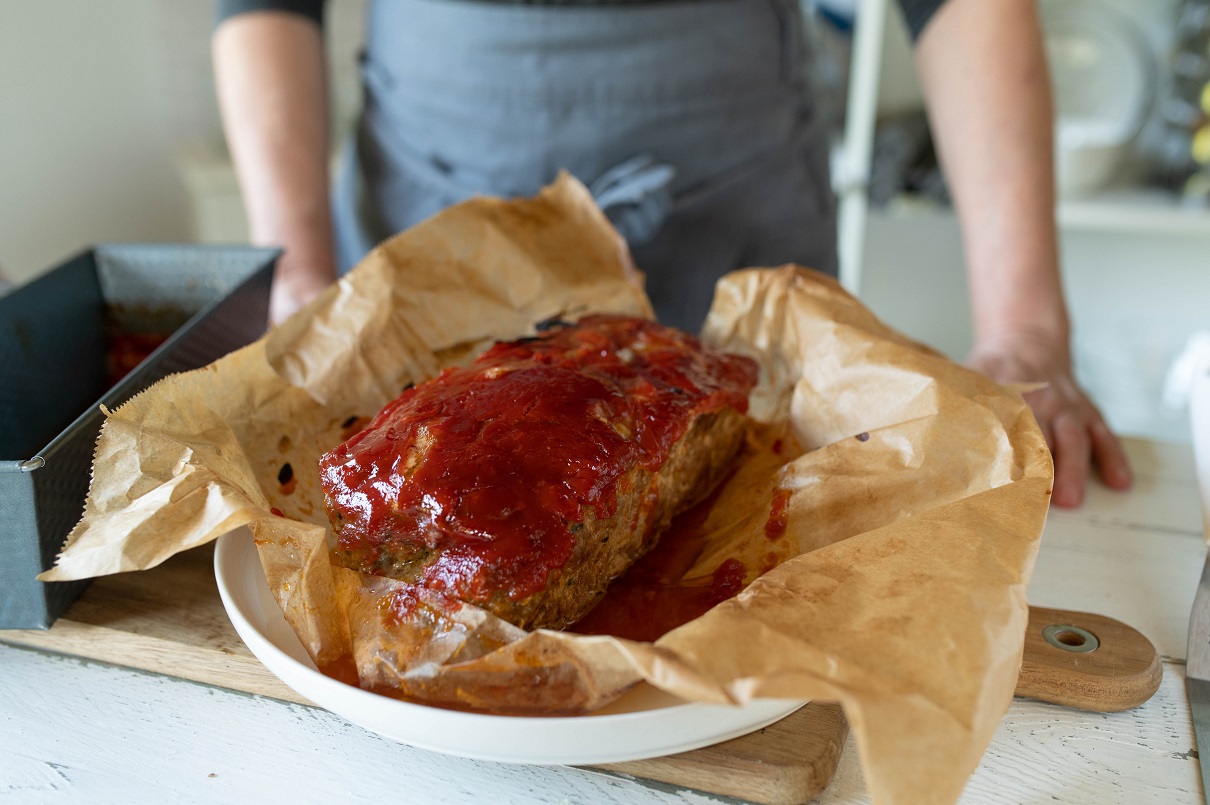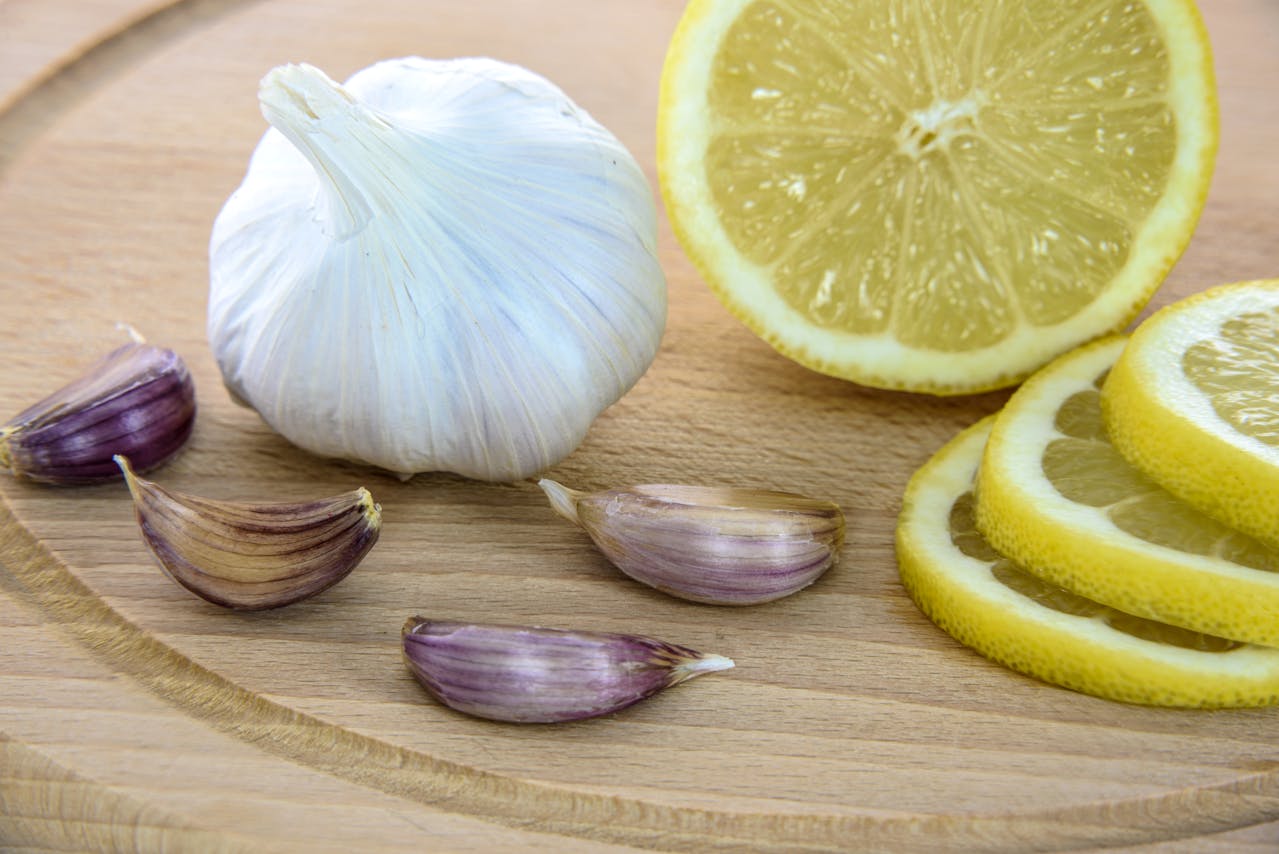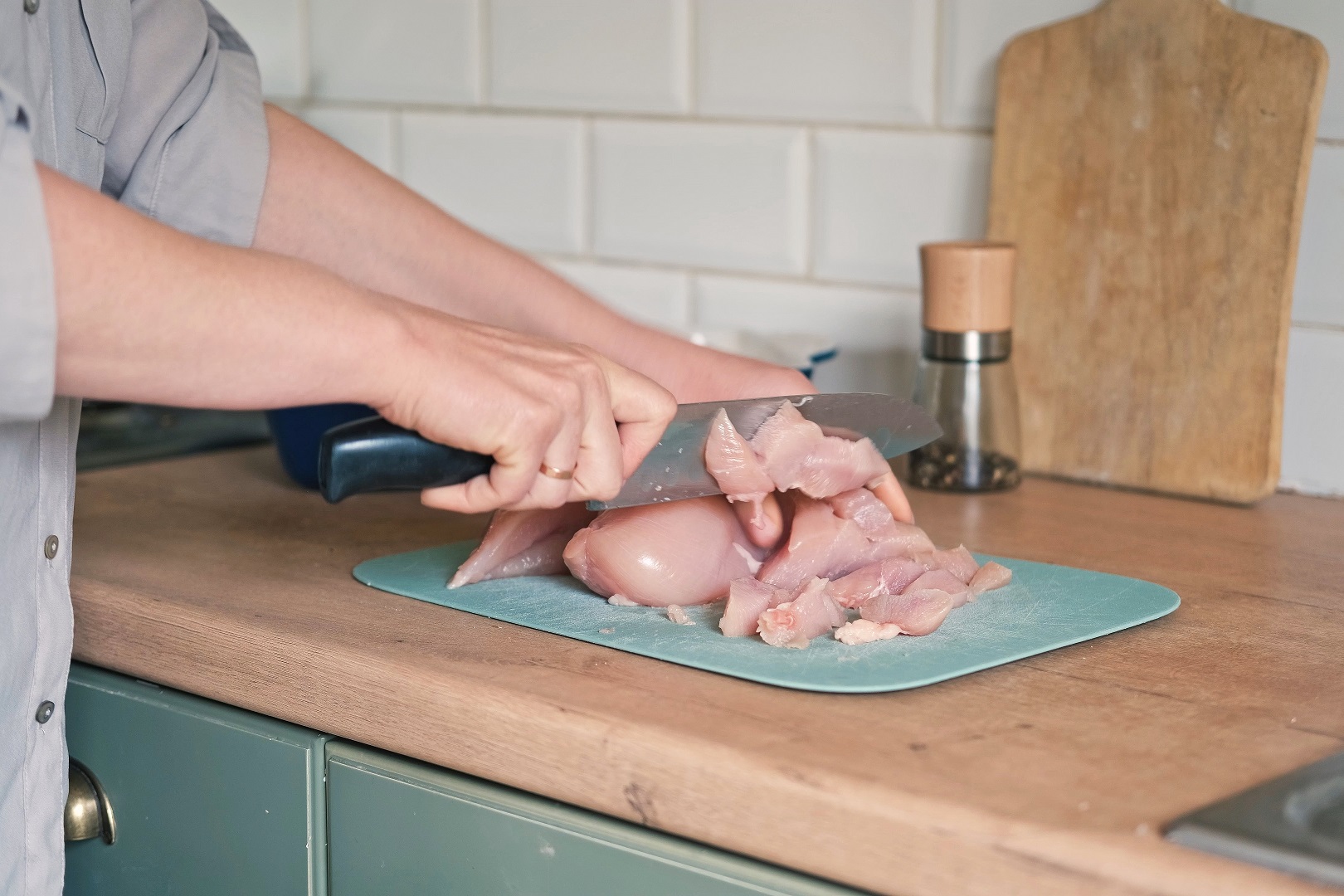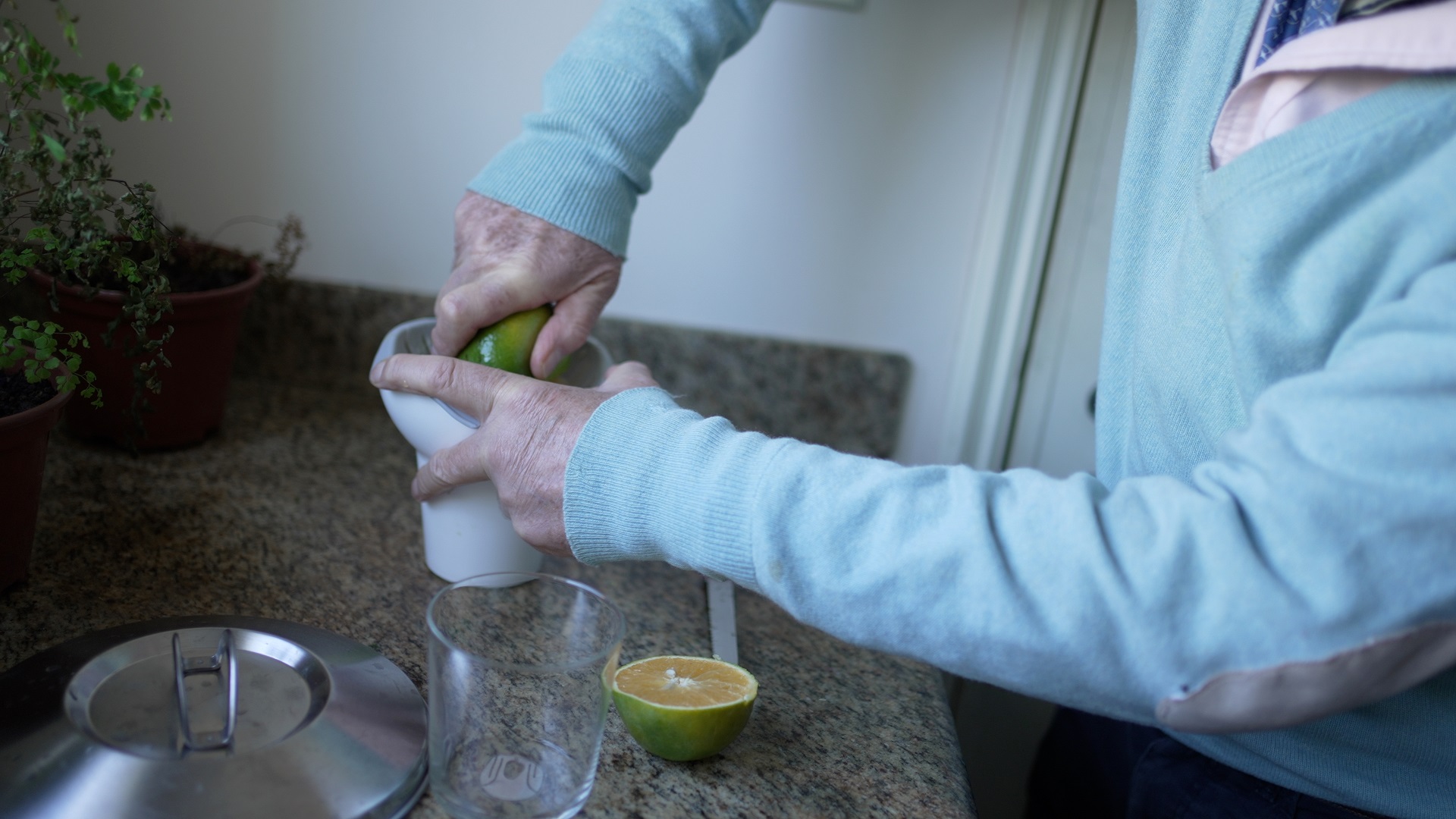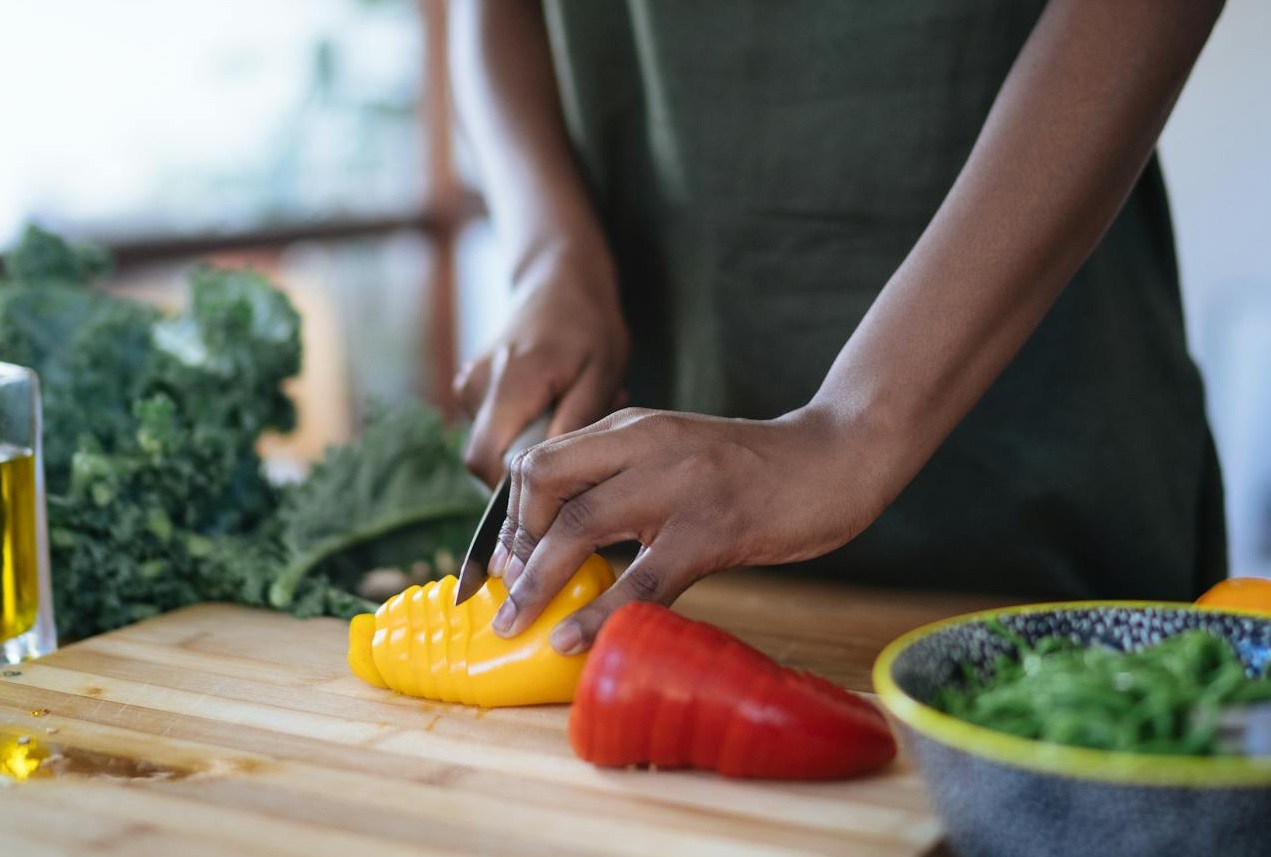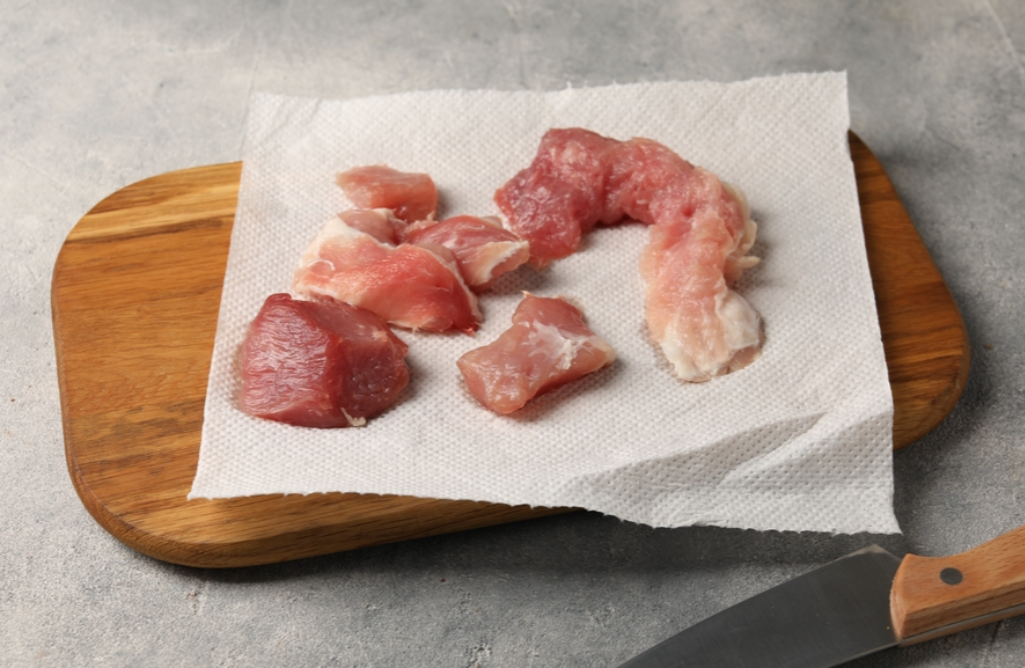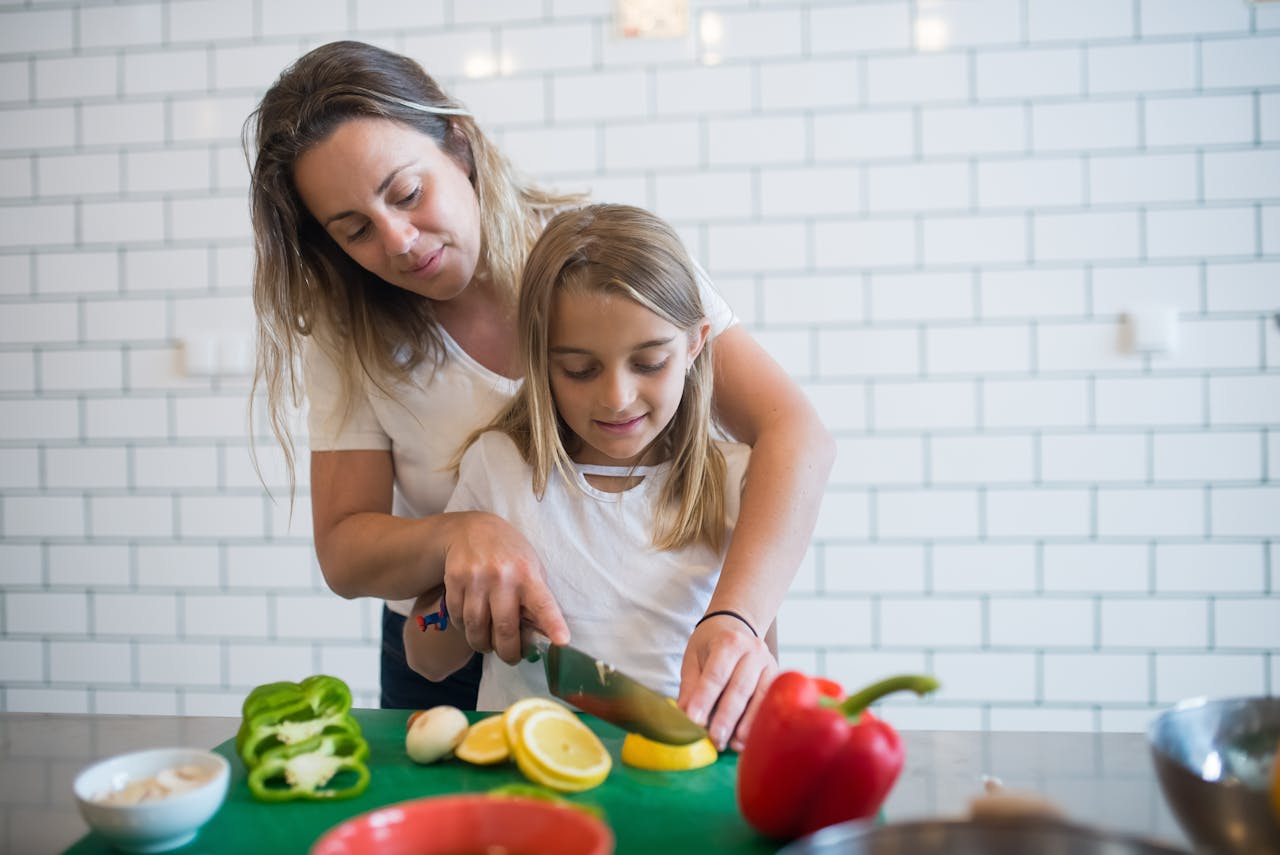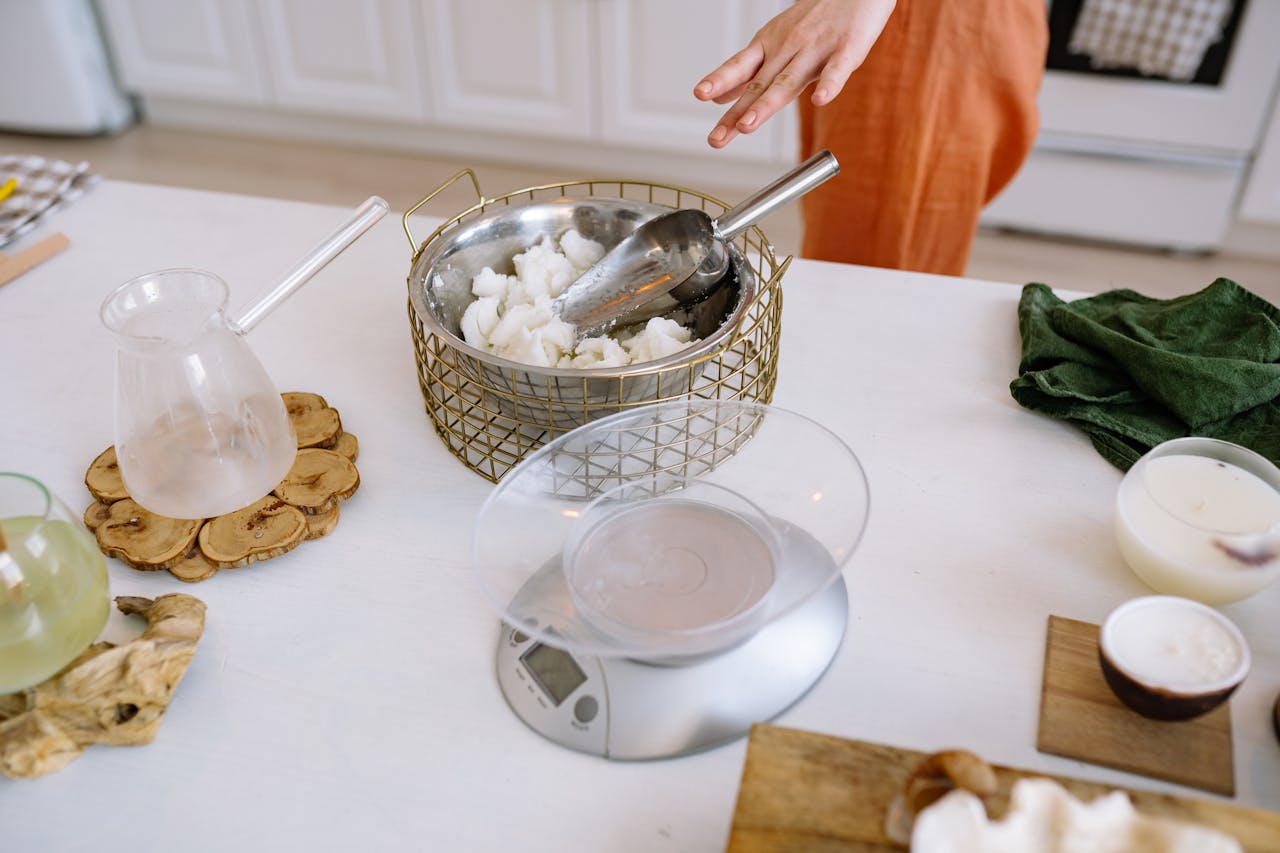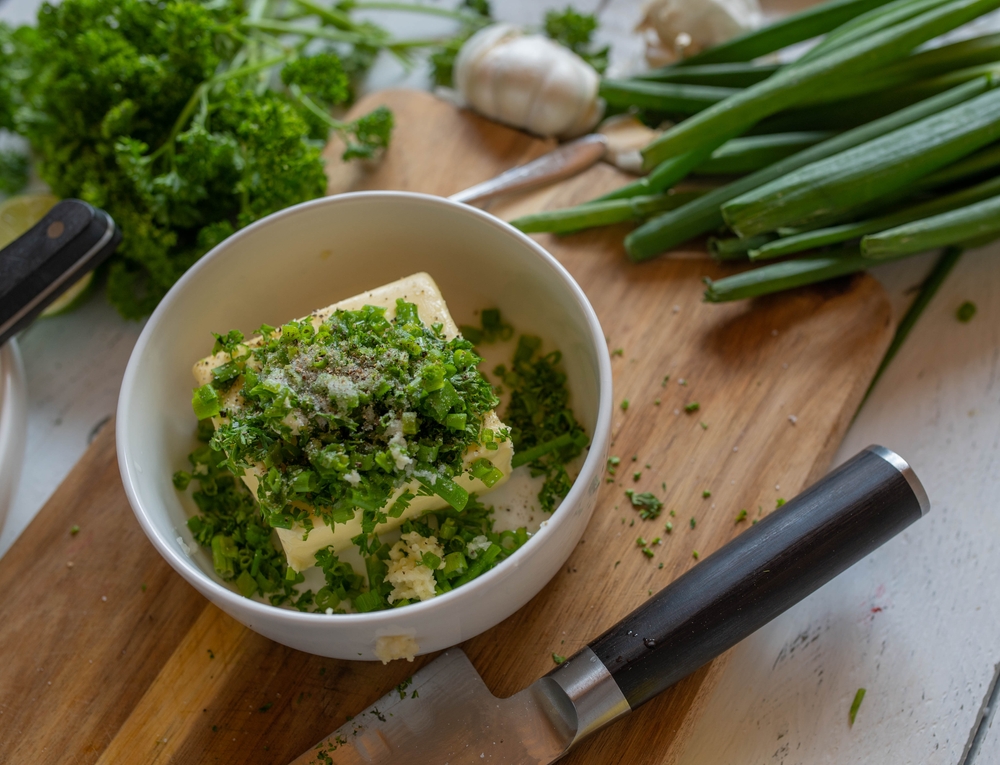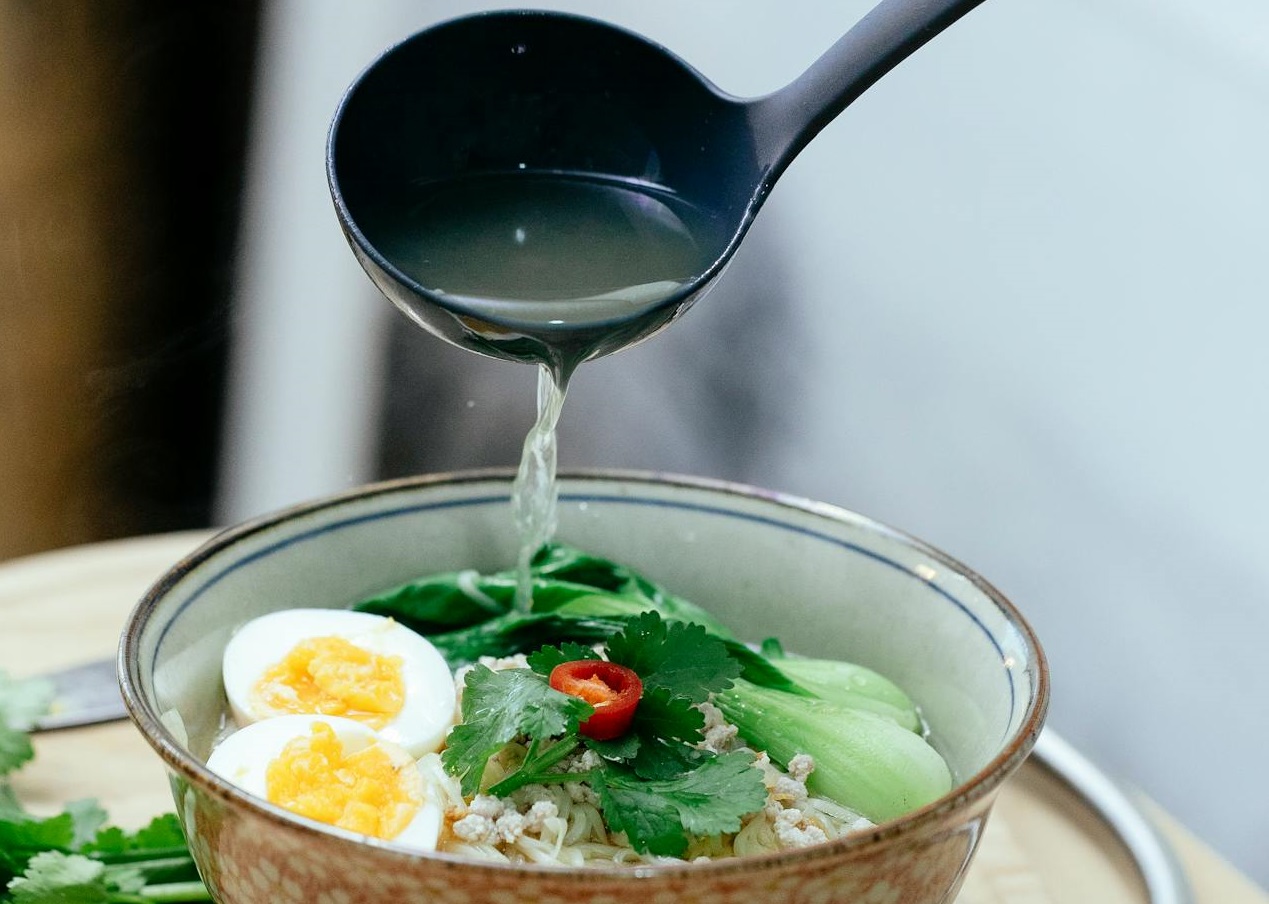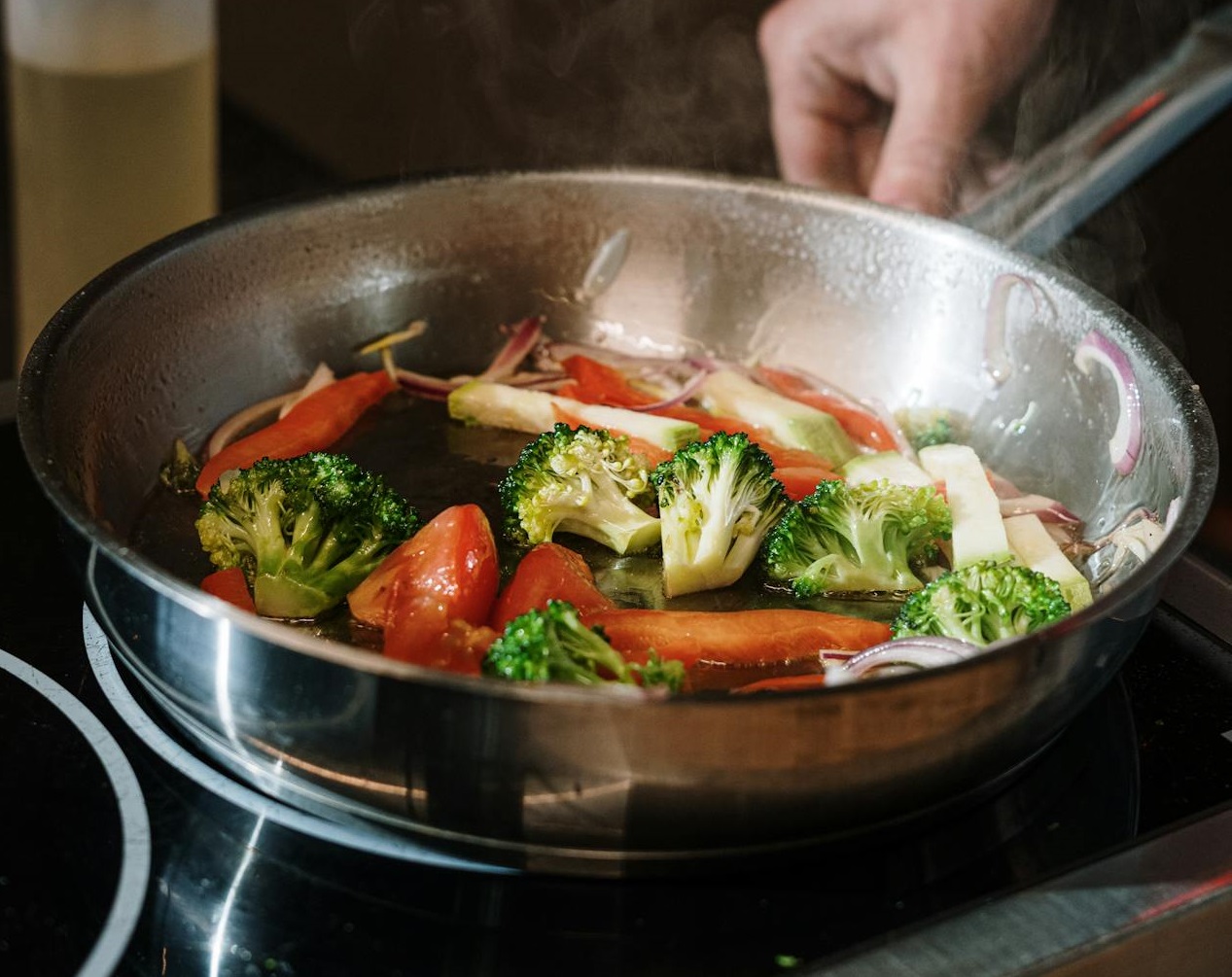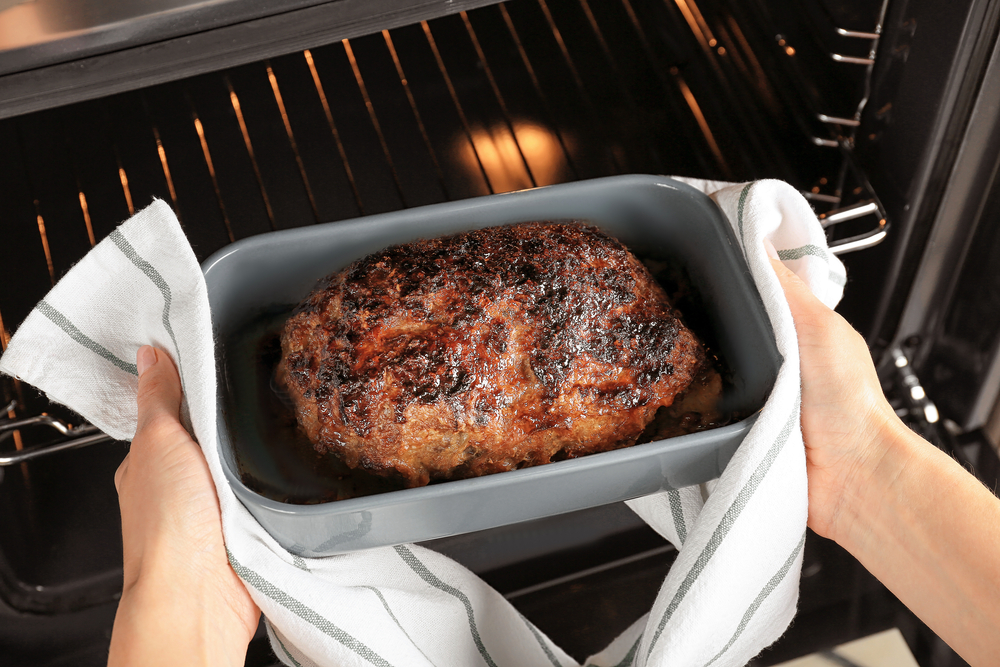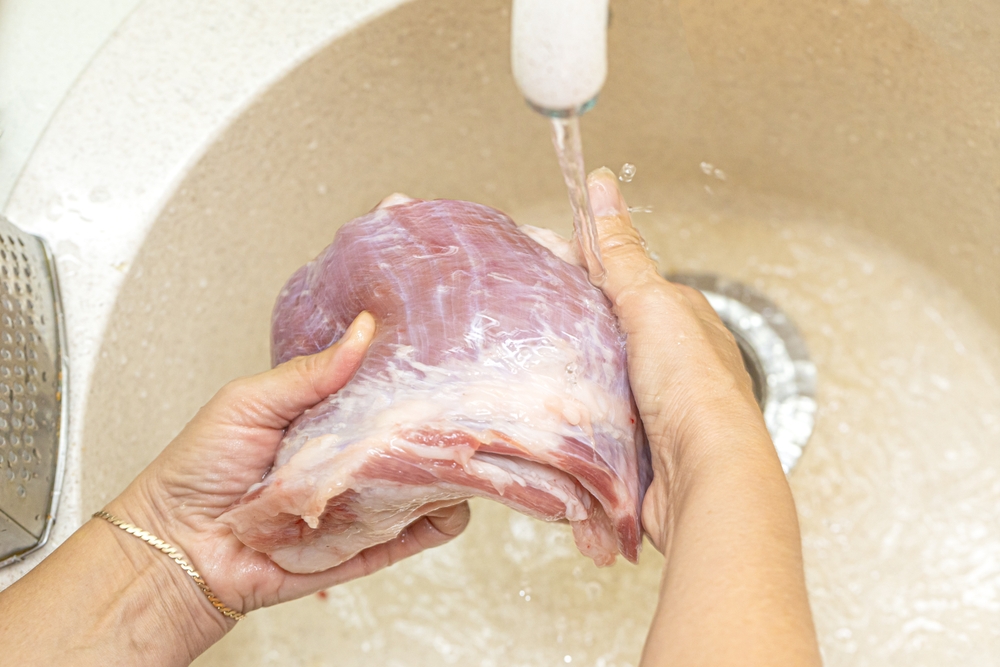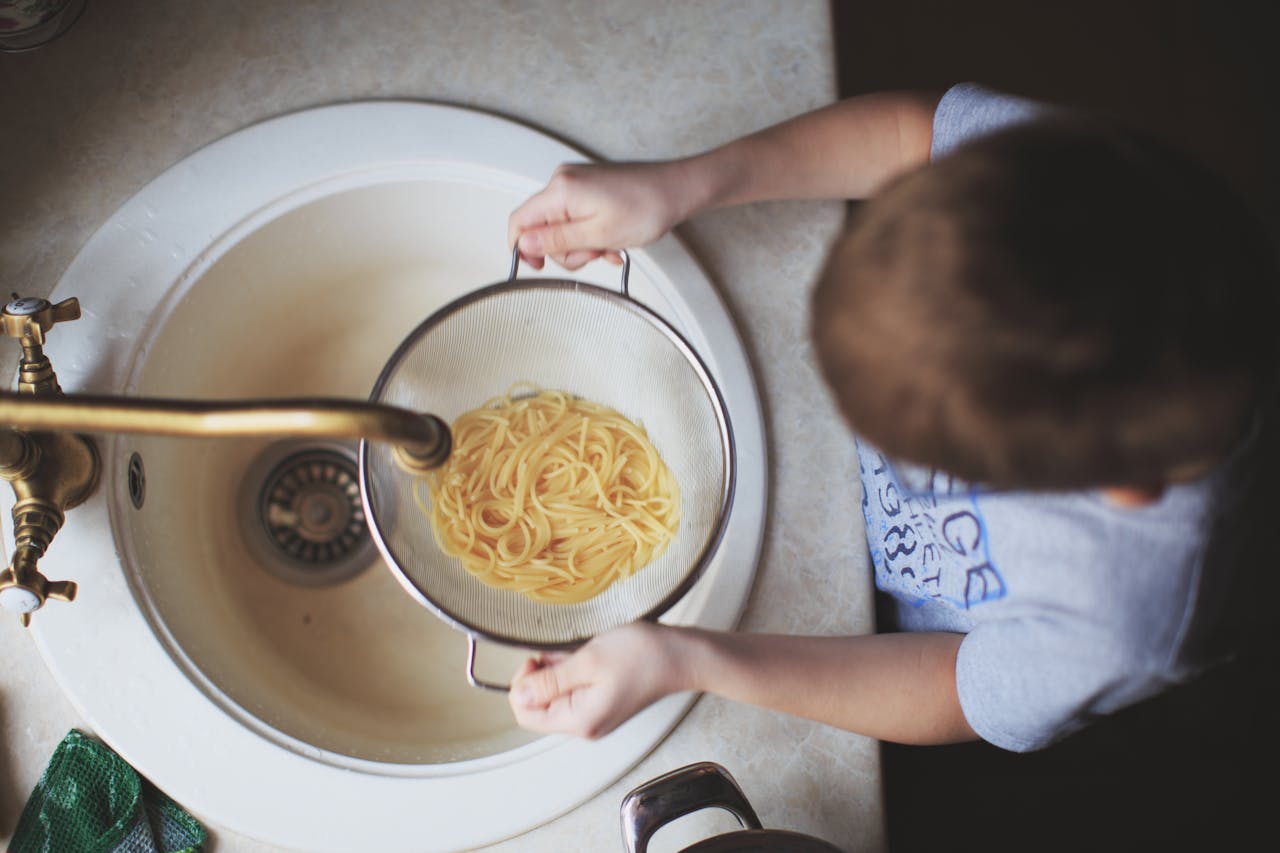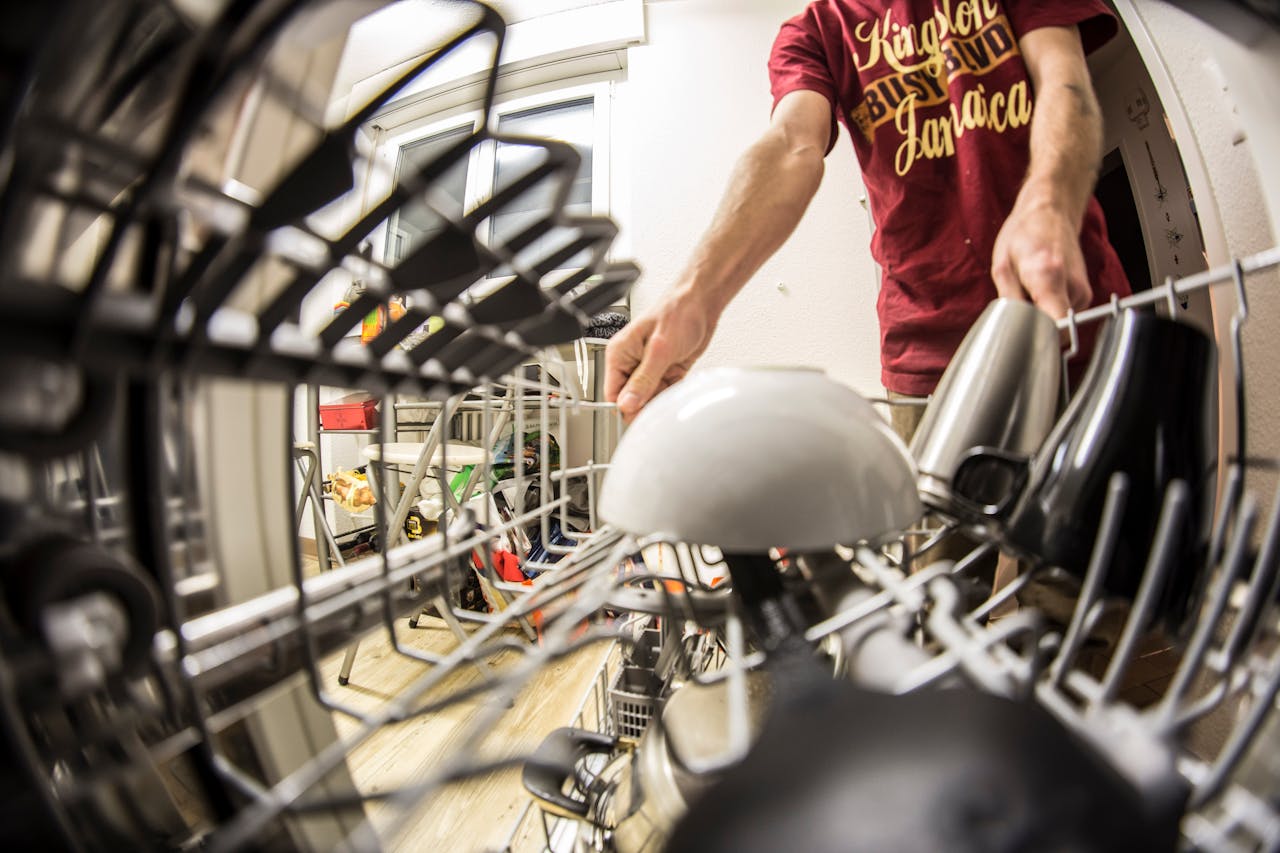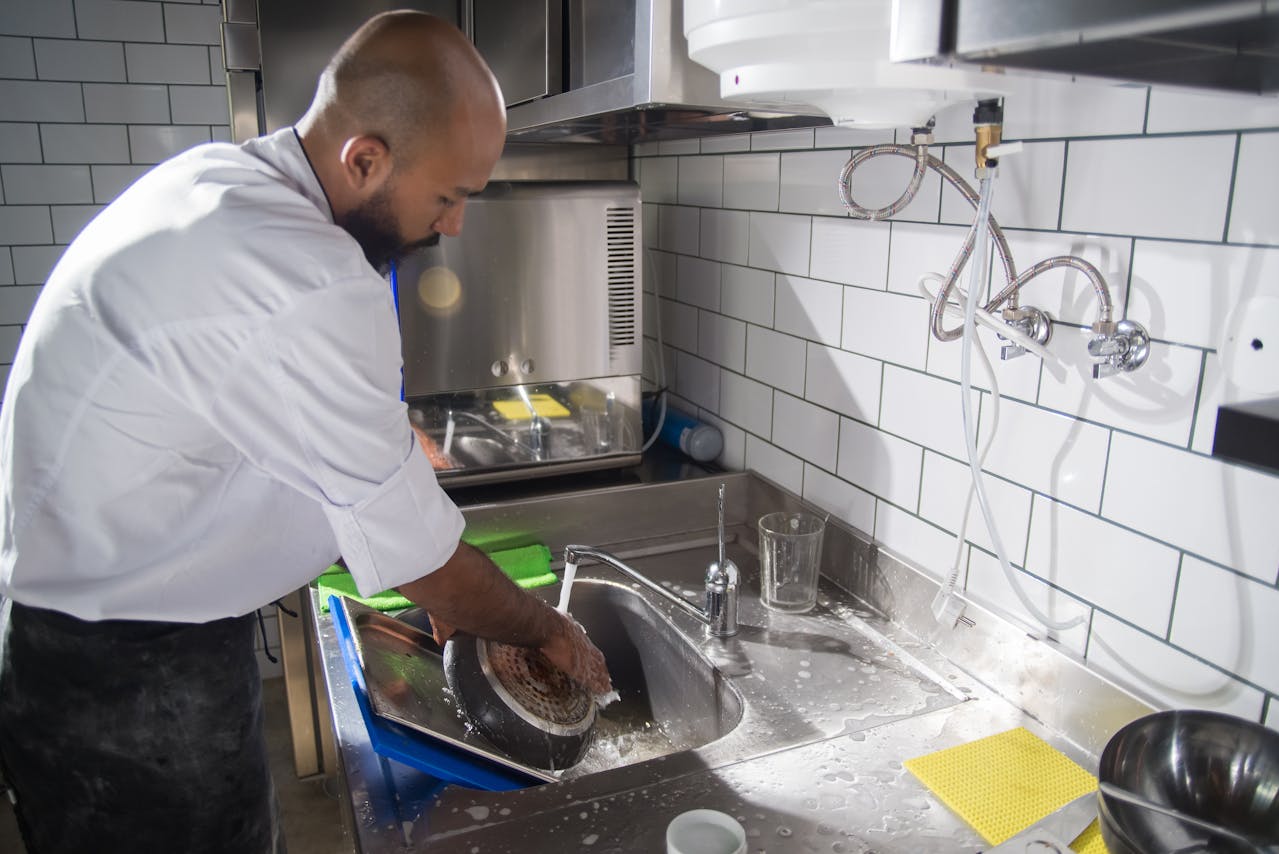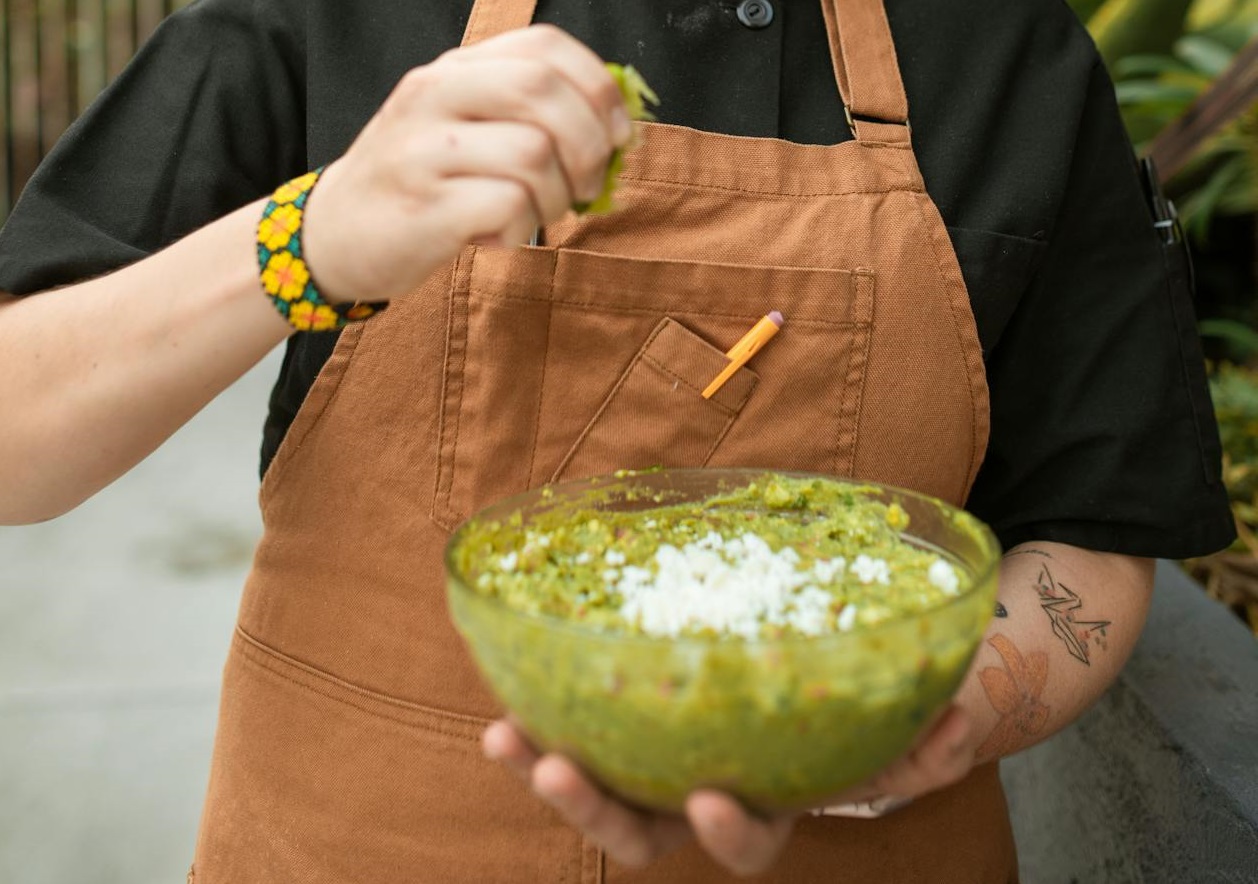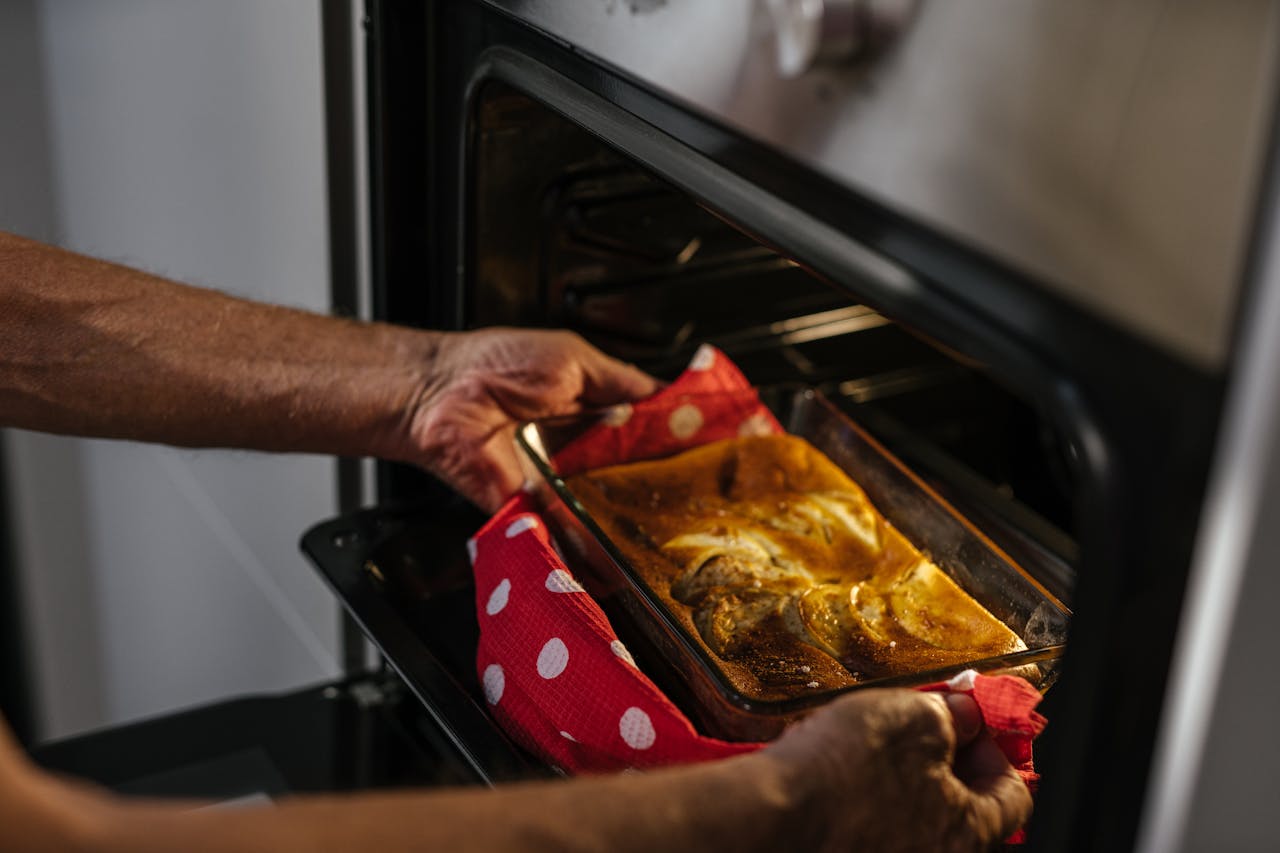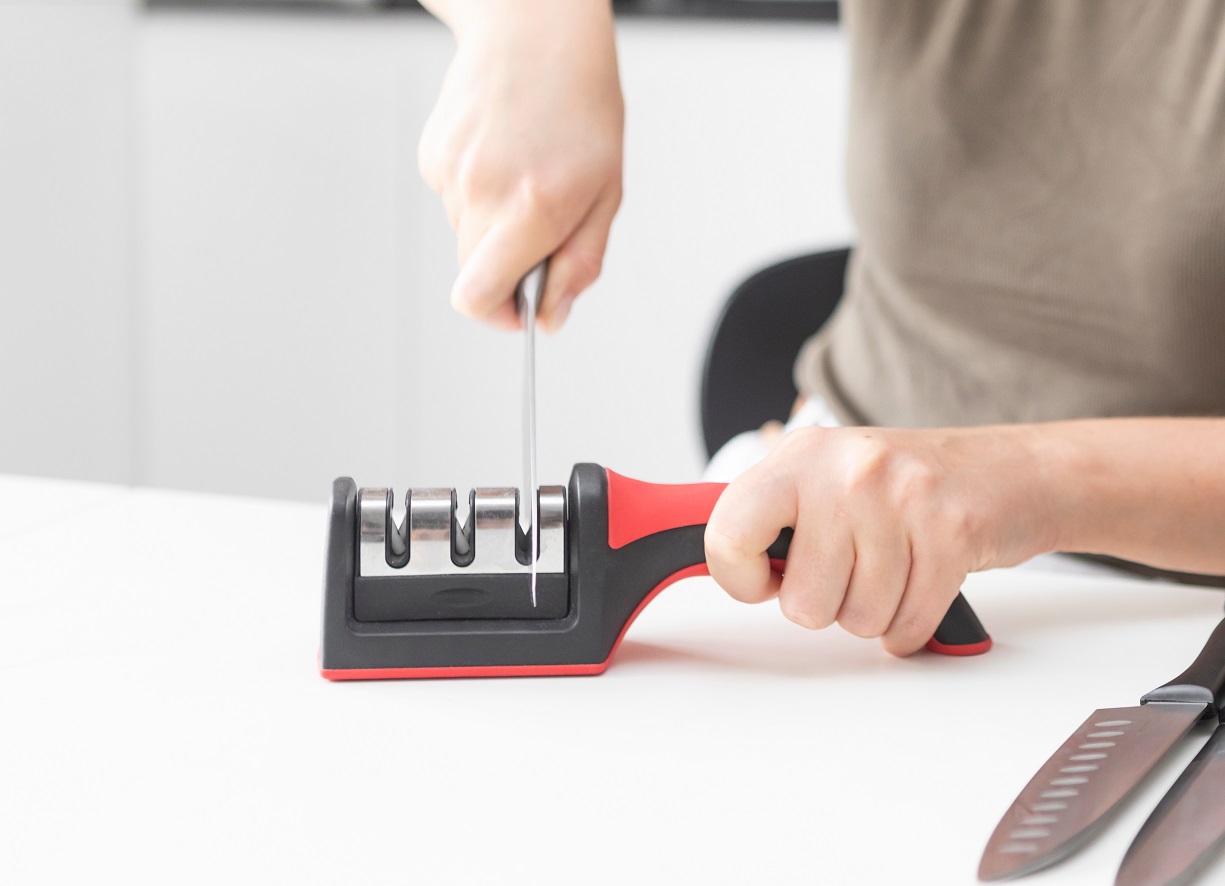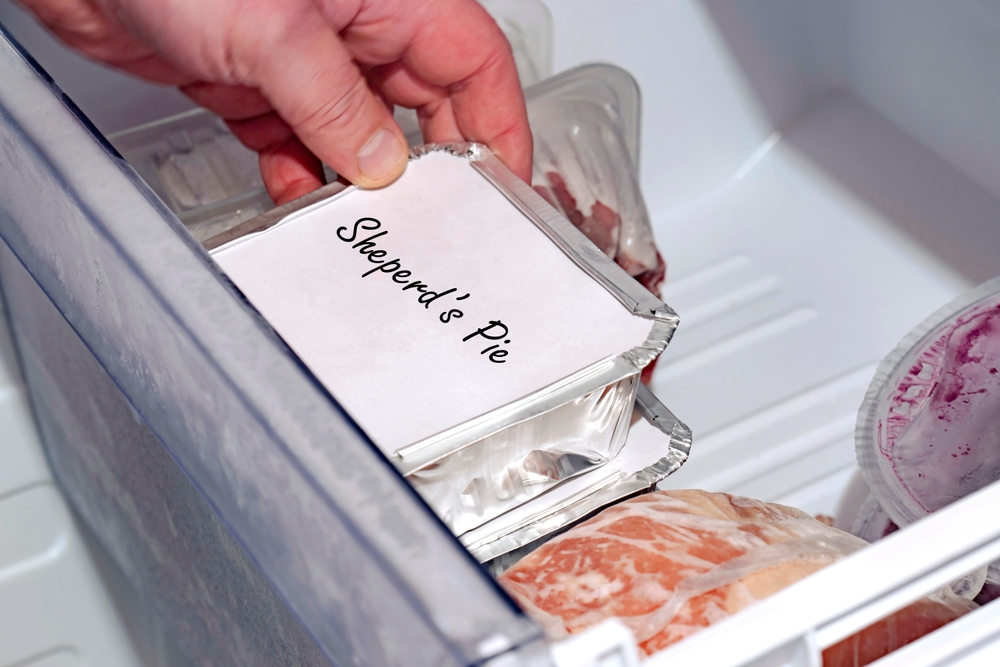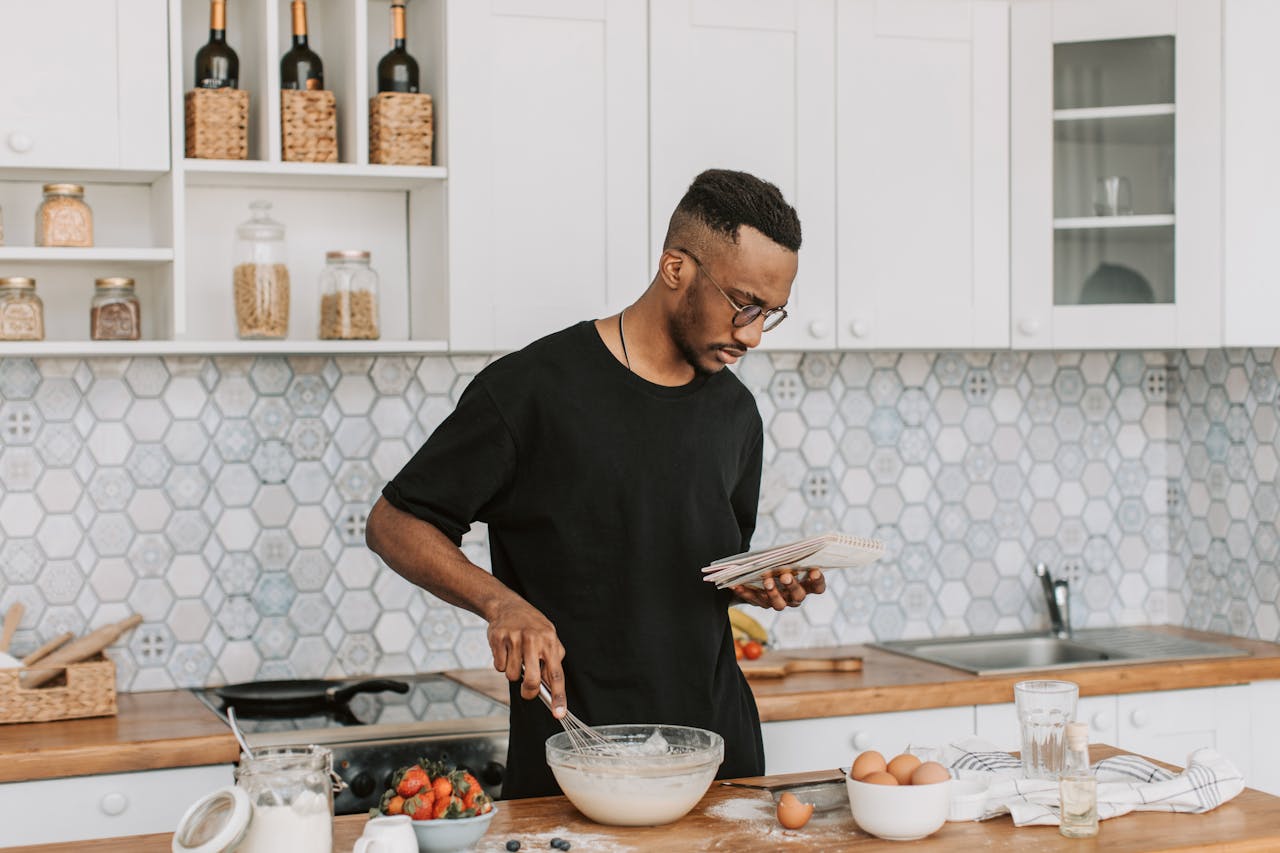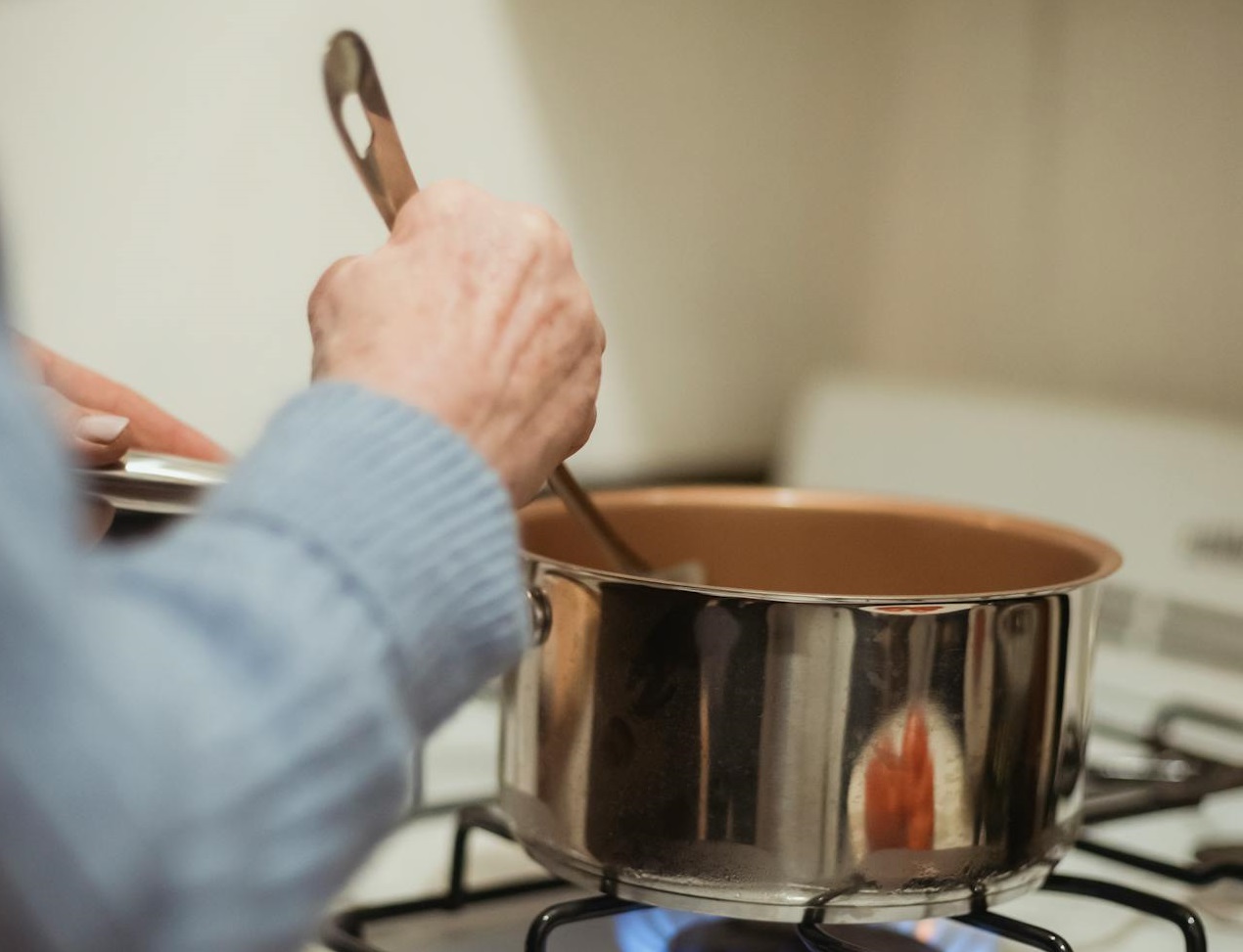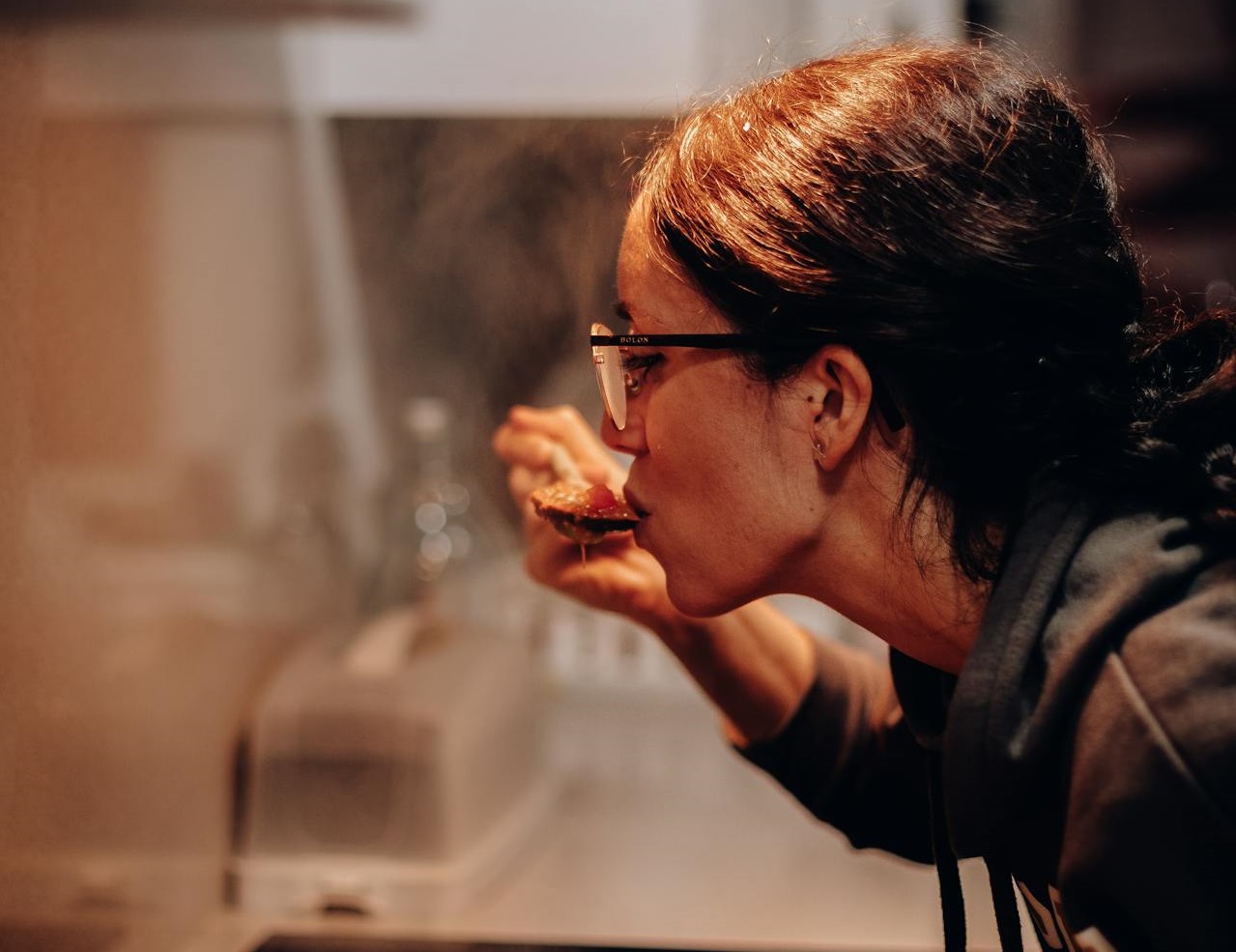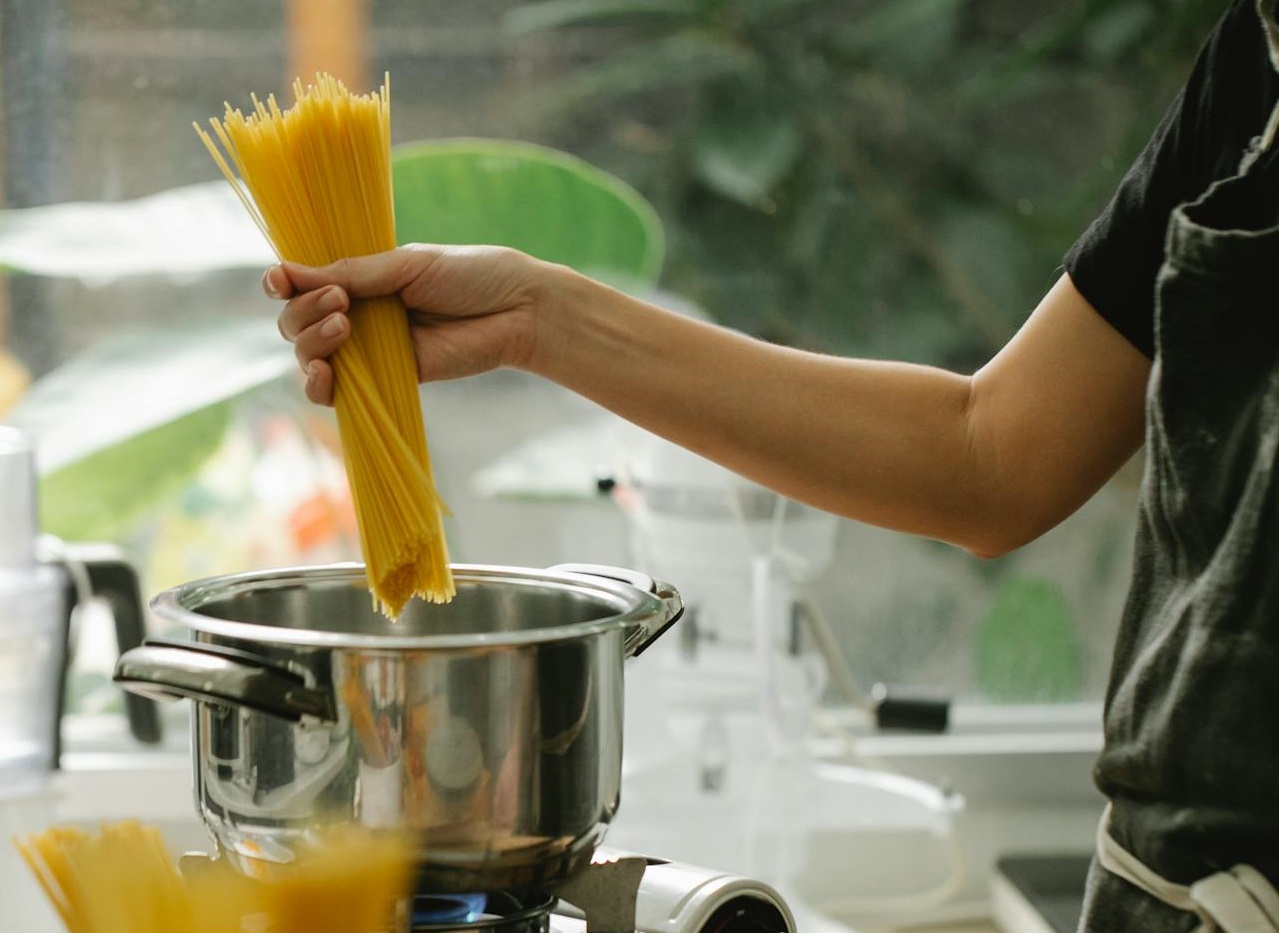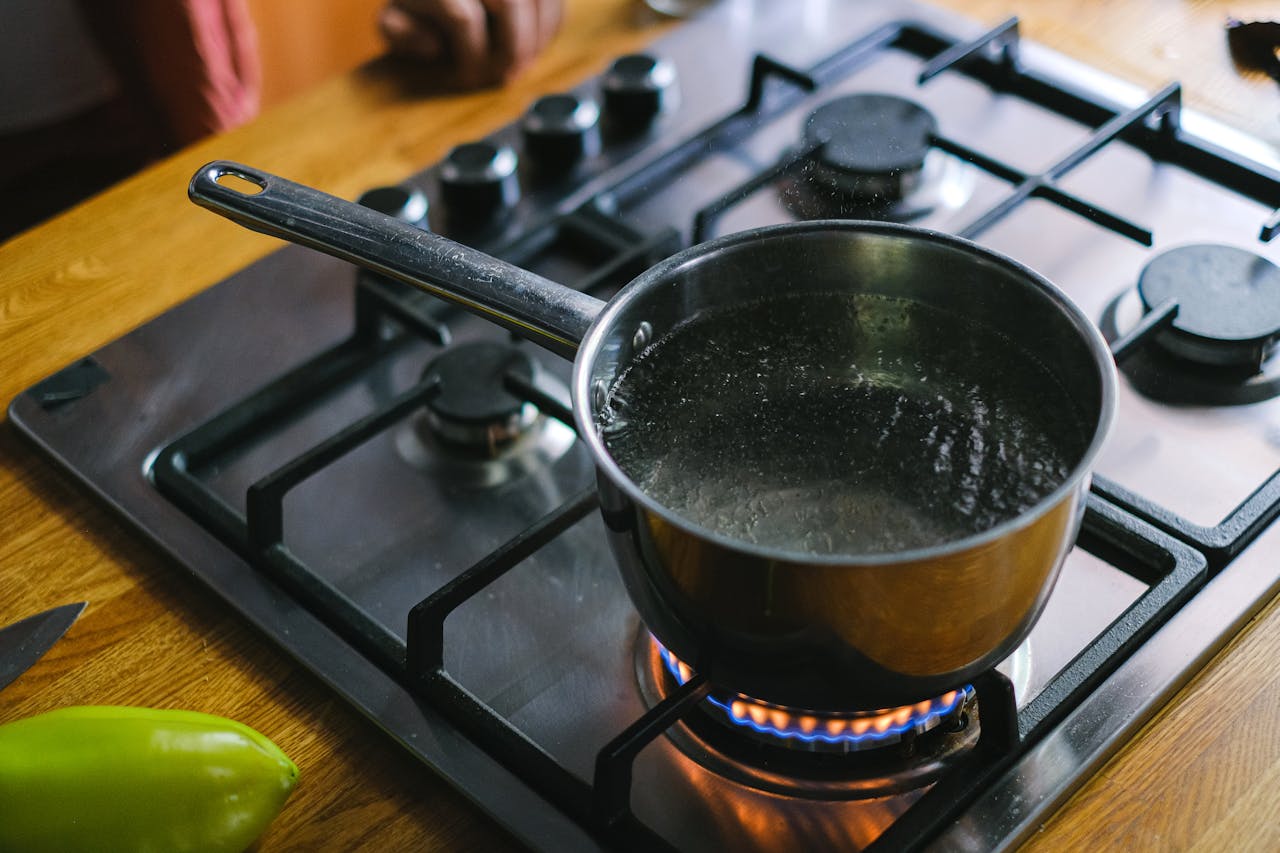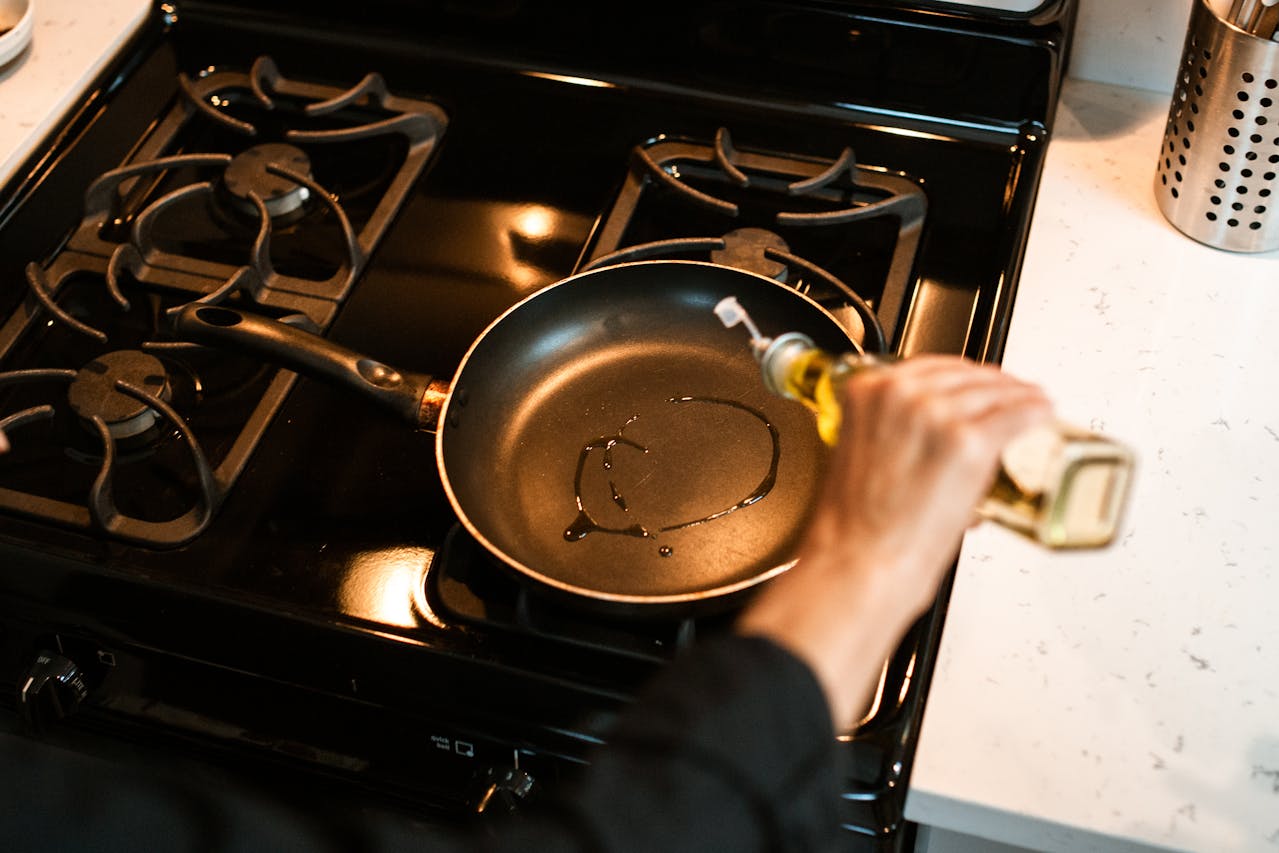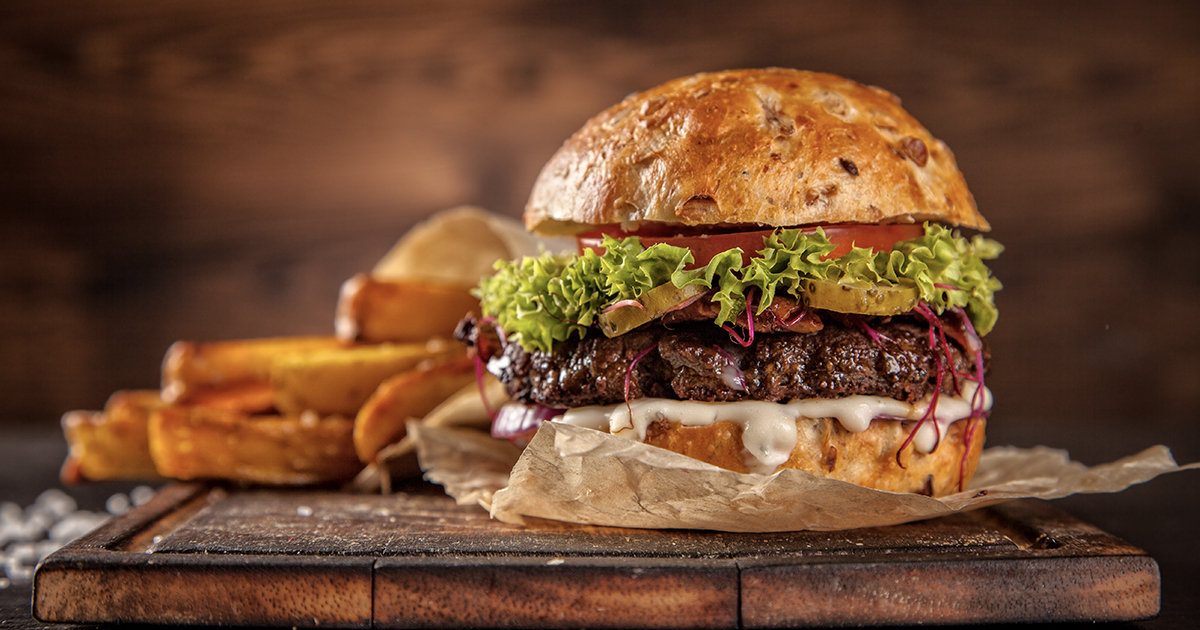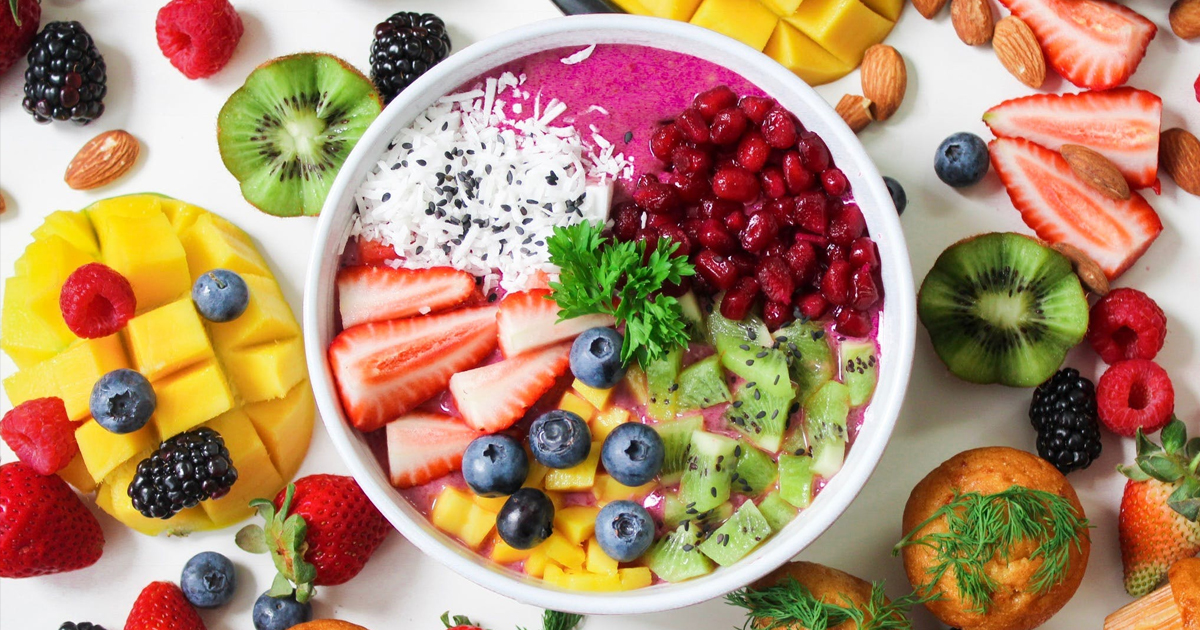Common Kitchen Mistakes To Avoid
Whether you’re new to cooking or a seasoned chef, these common kitchen mishaps are likely to be made.
From rinsing pasta and overcrowding meat to using the wrong pans and incorrectly judging cooking times, here’s 40 of the most common mistakes people make in the kitchen, and what you should do instead.
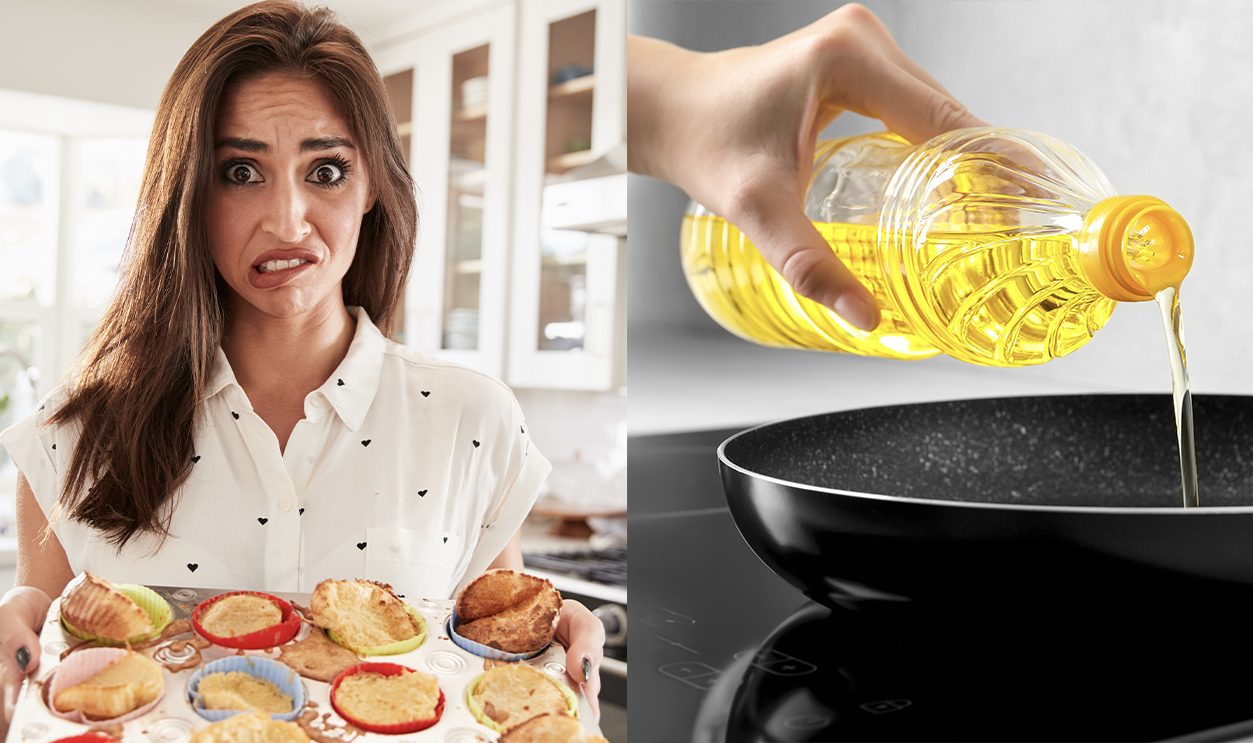
Don’t Rinse Pasta After Cooking
Unless you’re making a cold pasta salad, it is advised not to rinse your pasta after you’ve cooked and drained it. Rinsing will clean away the starch, which helps sauce stick to the pasta—and also keeps the pasta from sliding off your fork.
Don’t Refrigerate Everything
Cold storage is only necessary for fresh food such as meat, fish and dairy. Not everything needs to be kept cold.
Foods like melons, basil and bread can lose their flavor and texture and even end up going bad faster in the fridge.
Don’t Wash Your Hands With Soap To Remove Strong Smells
After preparing strong-smelling foods like onions, garlic or fish, washing your hands with soap will be ineffective.
In order to get the smell off your skin, rub your hands on stainless steel—like your sink or faucet—and then under water for a few more seconds.
The molecules from the food bind to the molecules of the steel, taking them off your hands.
Stop Storing Herbs In A Dry Bag
Rather than storing your herbs in bags in the fridge, cut off the bottom of the stems and put them in a jar filled with 1 inch of water and then place a light plastic bag over the top.
Herbs, like parsley and cilantro, will last much longer in the fridge this way. Be sure to change the water every few days.
Don’t Use The Microwave To Soften Butter
Avoiding the microwave as much as possible is best for your health. So, if you need to soften butter quickly, try this method instead.
Fill a glass jar with hot water and let it sit for a minute so that it heats the glass. Then, dump the water out and tip the jar over and place it over top of the butter. The heat inside the jar will soften the butter in minutes.
Don’t Overcrowd Meat When Cooking
A common mistake in the kitchen is overcrowding. Food, especially meat, releases moisture while cooking and it needs room to escape. Leaving room in the pan when you’re cooking meat will help this process along.
If the pan is overcrowded, the meat will become soggy, cook slowly, and likely have reduced taste.
Don’t Boil Water First Before Simmering
Many people don’t realize there’s a difference between boiling and simmering water. But it’s important to know this, especially when a recipe calls for one or the other.
Right before the water is about to boil, lower the temperature so that it stays simmering—which will look like a small number of bubbles rising to the surface every few seconds.
If you’re having trouble maintaining a simmer, keep half of the pot on the flame.
Don’t Press Down On Your Burger Patties While They Cook
Often times, you’ll notice people squishing or pressing down on their burgers while they’re cooking. Whether it’s in a pan or on the BBQ, pressing down on your burger patties will literally squeeze all the juices out, leaving you with a dry burger when you’re done.
Don’t Cook Your Meatloaf In A Loaf Pan
Although there are specific pans made for cooking meatloaf, they are generally not the best idea if you’re looking for a quality texture loaf when you’re done.
Using a loaf pan will trap all of the grease and fat and make your meatloaf soggy. Instead, use a baking sheet so the grease and fat can spread out—away from your meatloaf.
Don’t Add Too Much Garlic
While some people will say, “there’s no such thing as too much garlic!” professional chefs will disagree.
Garlic has a very overpowering flavor and can make your entire dish taste like garlic if you put too much.
Add a little, add a little more, and then stop.
Don’t Skip Cutting Your Raw Chicken Breasts
Many people just plop their raw chicken breasts on their pan and then cook it as is. But professional chefs will actually tell you that, unless you want the look of one large chunk of meat on your plate, it is better to cut it up before cooking.
Cutting up your chicken will cause it cook more evenly, as opposed to having overcooked corners.
Don’t Ignore The Acidity In Your Dish
Professional chefs often keep rice vinegar or lime juice handy while cooking. The acid/pH is crucial to bringing out the individual flavors in any dish.
Usually, when salt isn’t helping, the dish is missing acid.
Don’t Use The Blade To Scrape Up Food
Using the blade of your knife to scrape up food on your cutting board will actually cause it to dull faster.
Not only that, plastic cutting boards are not good for sharp knives. Opt for wood instead.
Don’t Put Your Meat Directly Into The Oven After The Refrigerator
You should always let your meat dry on a paper towel and come to room temperature before you put it on the stove or in the oven. This allows for a better texture.
Also, let your stove/pan heat up before putting the meat on. This helps get a nice sear.
Don’t Use A Glass Cutting Board
Much like plastic cutting boards, glass cutting boards will also ruin the edges of your blades. The glass has no give against the edge of your knife, which will dull and roll the edges.
As well, a glass cutting board allows for food to slip around easier, which can cause serious injuries when your blade slips.
Don’t Cheap Out
First of all, you should be practical with kitchen supplies and only acquire what you need. You should also spend the extra few bucks on higher quality products—like blades, pans, and cooking utensils.
Watch for good quality products at restaurant supply stores or even flea markets. Cast iron pans, for example, should last years—even after being well used.
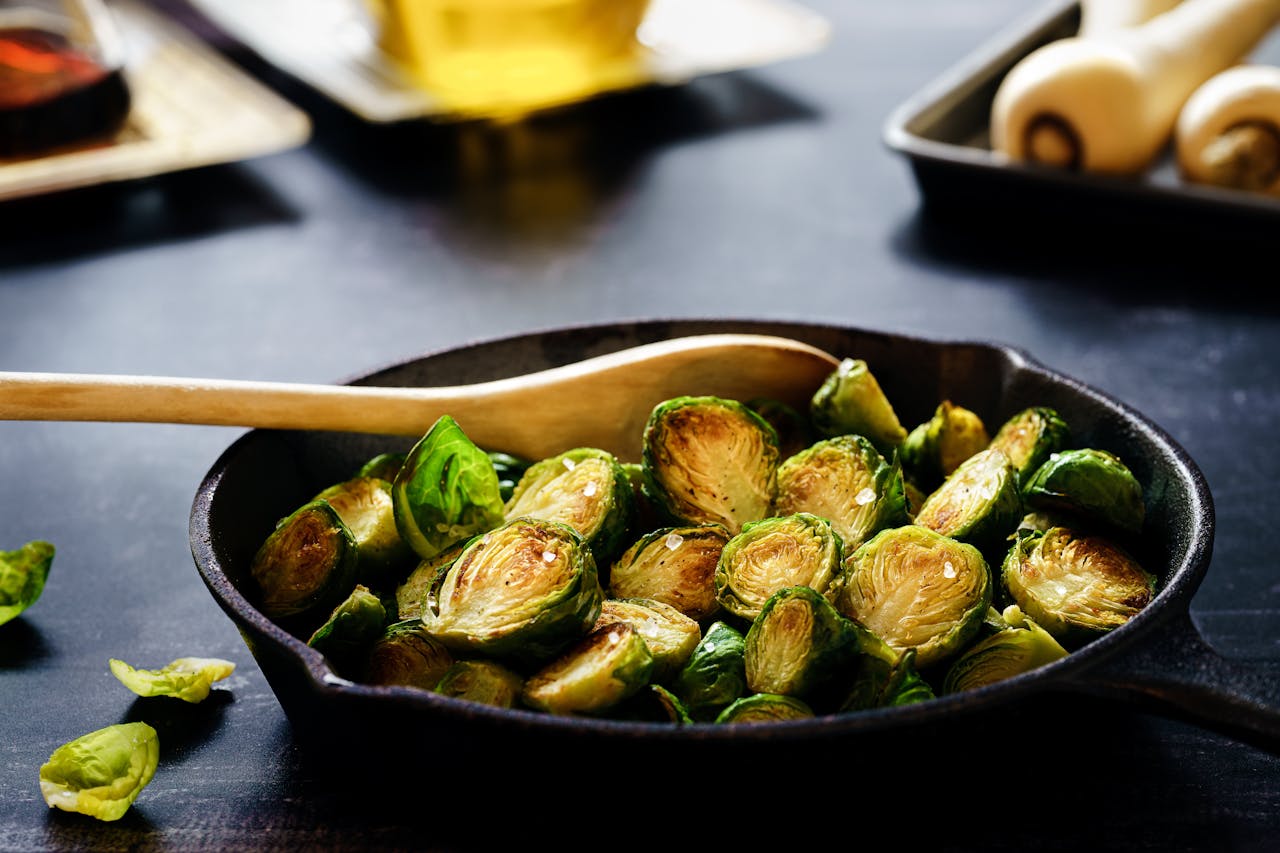 Sebastian Coman Photography, Pexels
Sebastian Coman Photography, Pexels
Don’t Overmix Your Pancake Batter
Overmixing your pancake batter will make it too runny for the pan. If you want fluffy, but light, pancakes, avoid over-mixing and let the batter sit for about 10-15 minutes after you’re done mixing.
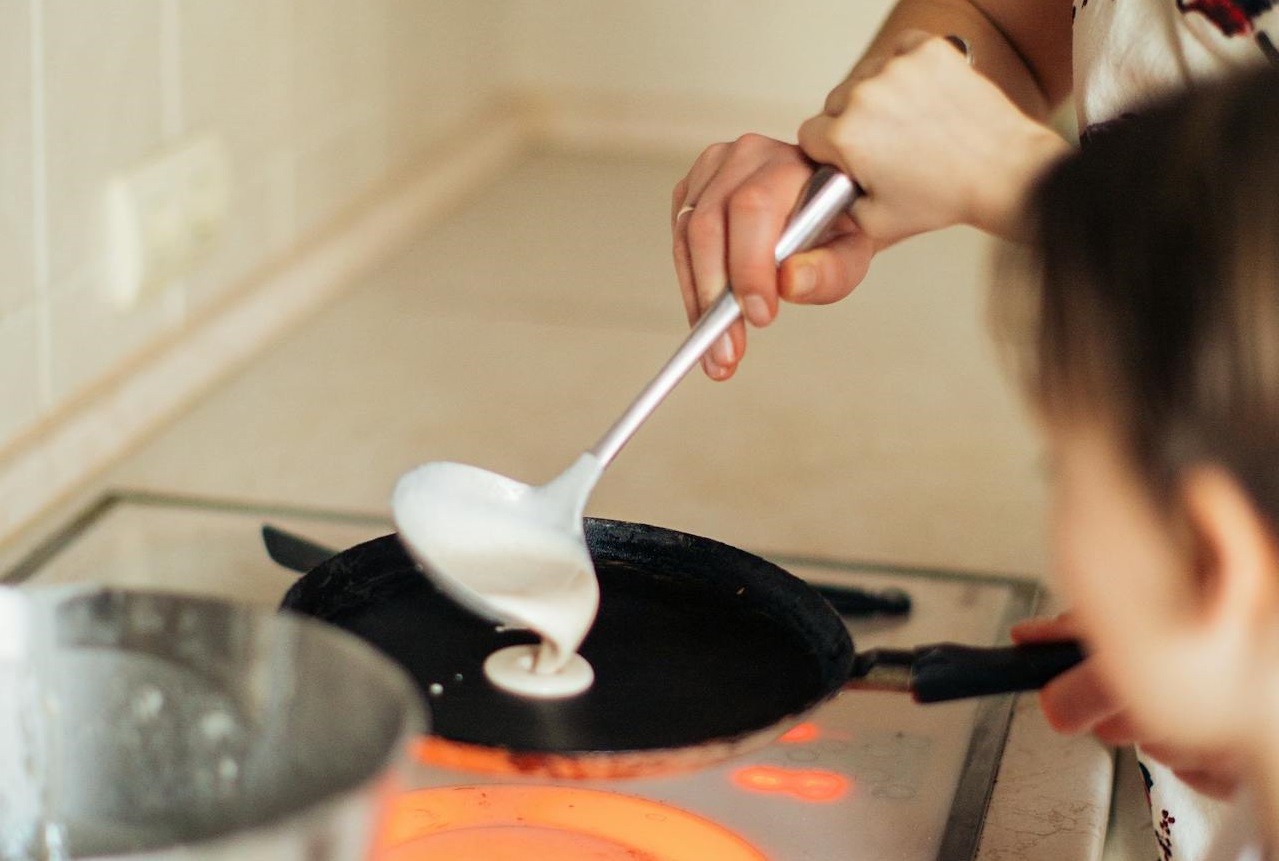 Mother and Child Preparing Crepes
Mother and Child Preparing Crepes
Don’t Ignore Your Pan After Cooking
A good habit to get into when cooking is to deglaze your pan after cooking. You can use wine or stock, but water works well too.
Not only will this pull all the caramelized flavors from the bottom of your pan, it will also make the clean-up significantly easier.
Simply remove your meat from the pan, add liquid, and stir it with a wooden spoon. Use the glaze on your dish when you’re done.
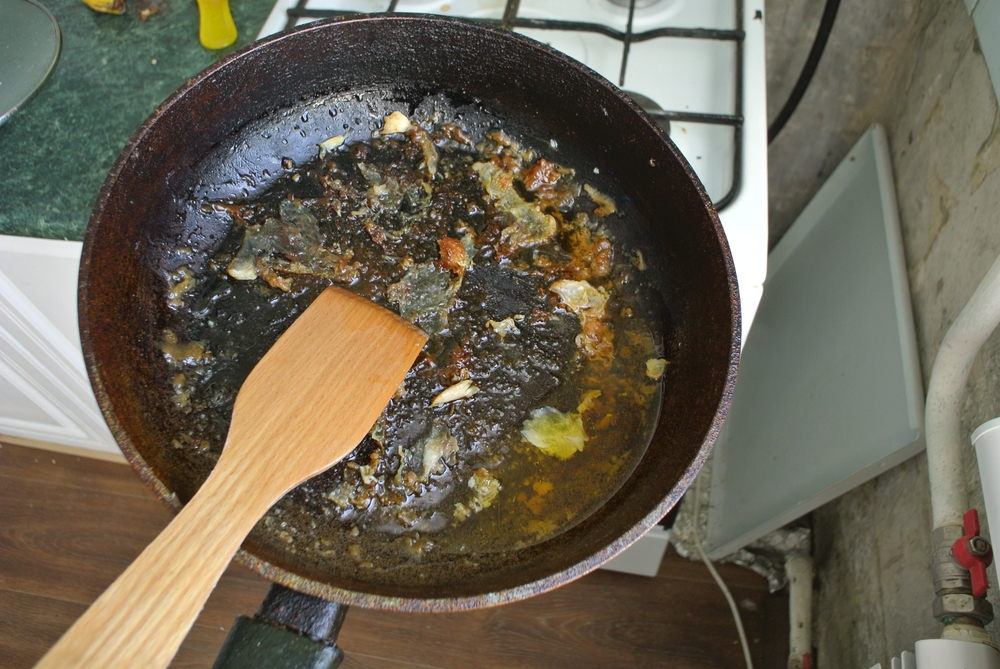 Savchenko Ruslan0212, Shutterstock
Savchenko Ruslan0212, Shutterstock
Don’t Use Measuring Spoons For Baking
Unlike cooking, baking requires accurate measurements. And often times, measuring spoons will vary, causing your ingredients to be off.
Instead, use a kitchen scale.
Don’t Discard Your Unused Herbs
If you happened to have sliced up too many herbs, don’t toss them away. Instead, make a flavored butter. It only takes a few minutes.
Simply soften the butter, add in your herbs (minced to your preference), and then shape it with plastic wrap and pop it in the freezer.
Slice off a chunk when you’re ready to use it.
Don’t Use Apple Cider Vinegar
Many people mistakenly use apple cider vinegar for flavoring dishes—including gravy. But professional chefs prefer you use cooking wine or Sherry instead.
Cooking wine or Sherry is much better quality and won’t go bad as fast.
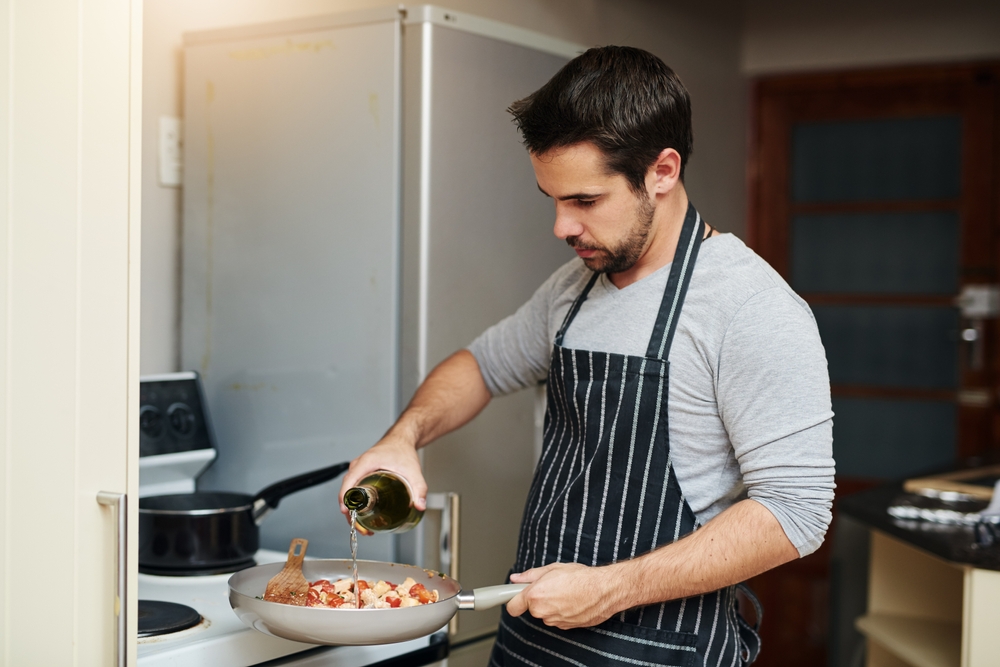 PeopleImages.com - Yuri A, Shutterstock
PeopleImages.com - Yuri A, Shutterstock
Don’t Use Water When Cooking Grains
When cooking grains that do not need to be strained, like quinoa, rice, or couscous, it is better to use broth instead of water. The broth will add flavor without being overpowering.
If you only have water, be sure to add your flavors to it while the grains are cooking so they soak up the flavor.
Don’t Cook All Your Veggies At The Same Time
For the most part, vegetables all require varying cooking times. So, when you put all your veggies on the pan at once and then pop them into the oven, you will end up with a mix of over and under cooked food.
For example, carrots and potatoes take much longer to cook than onions and mushrooms.
Don’t Cut Into Your Meat As Soon As You Take It Out Of The Oven
Cutting into your meat as soon as you take it out of the oven will immediately drain all the juices. It is best to let your meat rest for 5-10 minutes first, so the juices can redistribute.
Don’t Wash Raw Meat Before Cooking
This is a controversial tip, so do some added research before you decide. While some people feel washing raw meat—especially chicken—before cooking is important, many professional chefs disagree.
Washing raw meat in your kitchen sink will instantly spread germs and bacteria all around your kitchen. Those bacteria will die in the oven as the meat starts cooking, so there really is no reason to wash it first.
Bacteria present in raw meat needs to be effectively washed away immediately or it will grow and spread around your kitchen.
Don’t Drain Your Pasta In The Sink Before Adding To Your Sauce
Draining your pasta with a colander over the sink is something mostly people automatically do when cooking a pasta dish. But the better method is to simply use tongs to transfer your pasta from the pot to the sauce, without draining.
This will keep just enough of the starchy water to give the sauce some creaminess and moisture.
Don’t Pile Your Garbage And Dishes Around You As You Cook
A good habit to get into while cooking is to clean up as you go. This makes the task less overwhelming. Before you start a big meal make sure you have a clean sink or an empty dishwasher, and a fresh trash bin handy.
This will make cleaning as you go much easier.
Don’t Run A Hot Pan Under Cold Water
Always let your pots and pans cool before washing them. Running a hot pan under cold water can lead to cracking and warping.
Don’t Leave Guacamole Uncovered
To prevent unused guacamole from browning, press a layer of plastic wrap against the entire top layer. Push all the air out while you press down—any parts of the dish that are exposed to air will turn brown.
If your guacamole has already turned brown, try adding a little more lime juice.
Don’t Add Your Herbs Too Soon
First of all, herbs should always be fresh when cooking. Fresh herbs can make a world of a difference when it comes to flavor.
As well, most herbs should be added toward the end of cooking—except heartier herbs like thyme and rosemary. This way they do not get overcooked and lose their flavor.
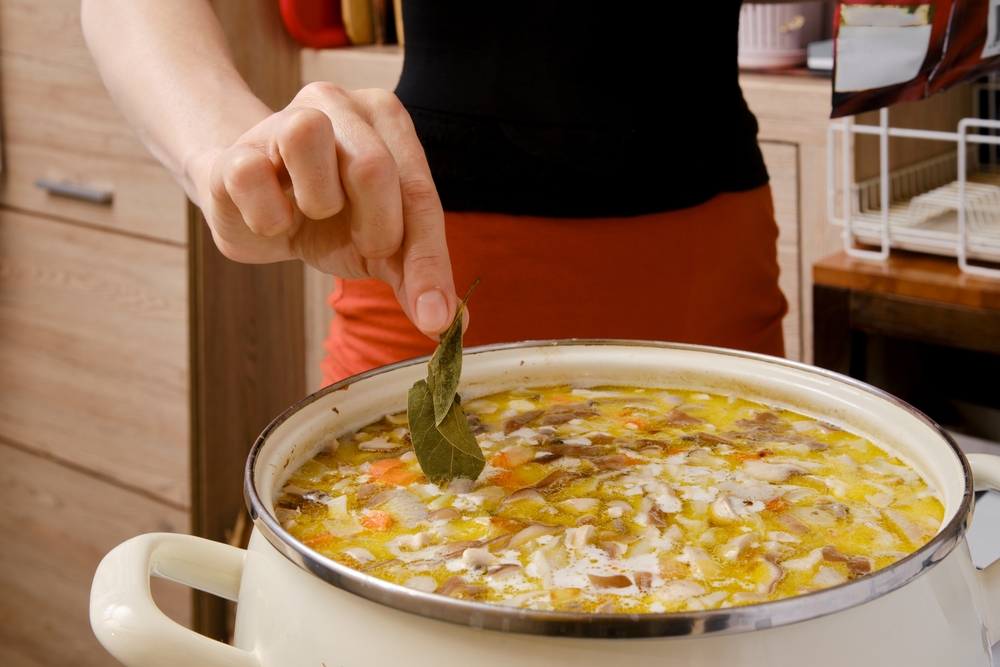 Aleksei Isachenko, Shutterstock
Aleksei Isachenko, Shutterstock
Don’t Trust Your Oven Temperature Display
Not all ovens work the same. Many ovens will alert you that they’re preheated before they really are.
Instead of trusting your oven temperature display, use a meat thermometer to check your food—particularly meat—before assuming it’s done.
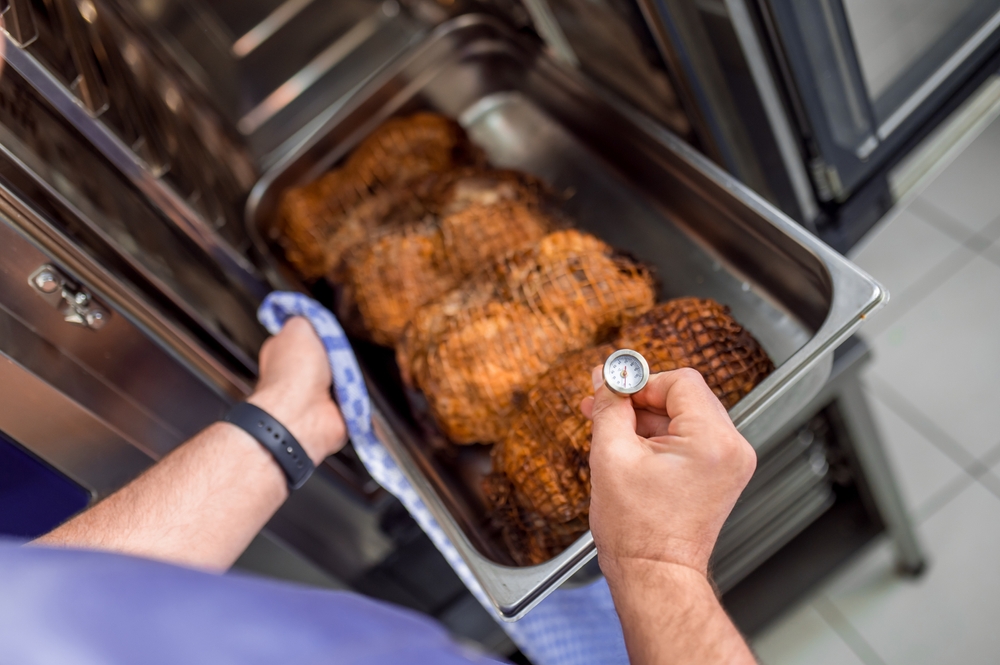 Dmytro Zinkevych, Shutterstock
Dmytro Zinkevych, Shutterstock
Never Use A Wet Cloth To Take Things Out Of The Oven
This one may seem like common sense, but it is apparently one of the most common ways people burn themselves in the kitchen.
Avoid using a wet cloth or a wet oven mitt to remove your dish from the oven. The moisture will instantly turn to steam and burn you.
Don’t Forget To Sharpen Your Knives
This is often overlooked in home kitchens, but it can actually be very dangerous. Dull blades are not only frustrating to use, they’re also a huge risk for slip ups, causing you to cut yourself.
A sharp blade is safer and easier to use than a dull blade.
Don’t Forget To Label Your Frozen Food
Professional chefs know how important it is to label and date food in storage. Labelling your frozen food with the name and date is a good way to maintain food quality. Frozen food may last a lot longer, but it still has an expiration date.
Don’t Memorize Recipes
Another thing professional chefs can’t stress enough is this: you should be learning techniques, not recipes.
Learning different cooking techniques will open up a world of cooking possibilities for you. So, as you cook, focus on learning techniques like searing meat, making a roux, shocking, brining, dredging, marinating, etc.
Don’t Forget: Food Continues To Cook After Removed From Heat
When cooking, remember that food continues to cook after it’s been removed from the heat. In fact, the internal temperature of your food will continue to rise 5-10 degrees after it’s off the stove, out of the oven, or off the grill.
So, if you keep the food on the heat until it’s “done,” it will actually end up overcooked.
Professional chefs usually remove the food when it’s 5-10 degrees away from being done, tent it with foil, and let it rest 15-20 minutes, allowing the desired internal temperature to be reached.
Don’t Forget To Taste It Before Serving It
Another thing professional chefs like to do is taste the food before serving it. Tasting it will tell you whether the flavor is right, or if the temperature is on point. As well as texture, seasonings, etc.
Don’t serve your food until YOU know it is the way you want it.
Don’t Add Your Food Too Early
It is important to ensure your cooking surface is hot before adding your food—especially when cooking meat. Let your pan effectively heat up first. Ensuring temperature control is important, especially for meat.
The same can be said to boiling pasta. Bring your water to a full boil before adding your pasta. This will avoid overcooking it.
Don’t Overfill Your Pots
When preparing a pot for boiling water, a common mistake is filling the pot with too much water. You need to take into account the space your food will fill when you add it to the pot.
The risk here is that when your water is boiling and you add in your pasta, potatoes, etc., the displaced water will splash over the sides—making a mess, and risking serious burns.
Don’t Heat Oil Too Quickly
If you’re adding oil to your pan to prepare it for the food, allow it to heat up gradually. Turning your stove on high for a pan full of oil will result in splattering—which can then cause serious burns, and a big mess.
Start on low and slowly increase the temperature as needed.


